

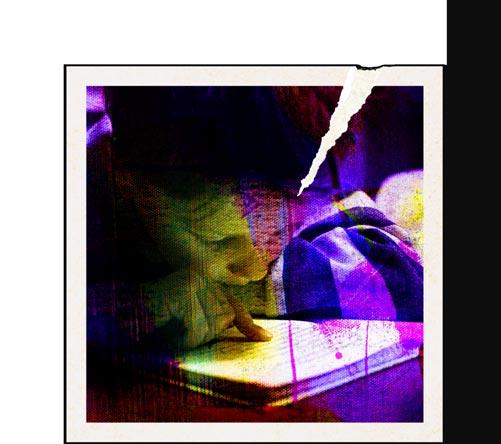
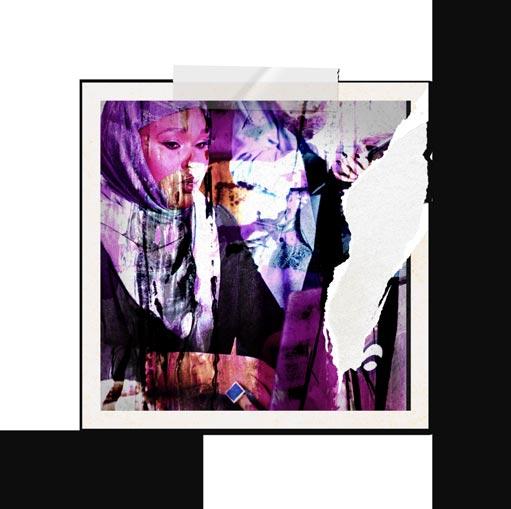
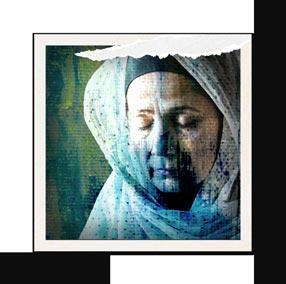

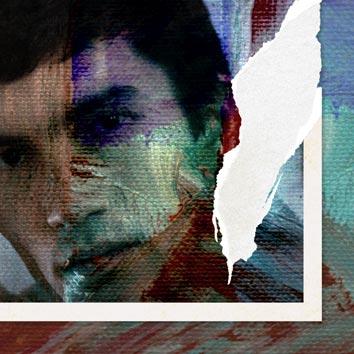
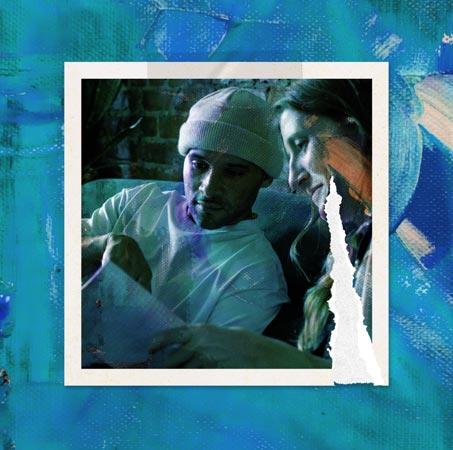
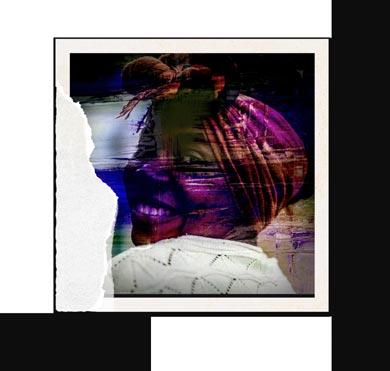




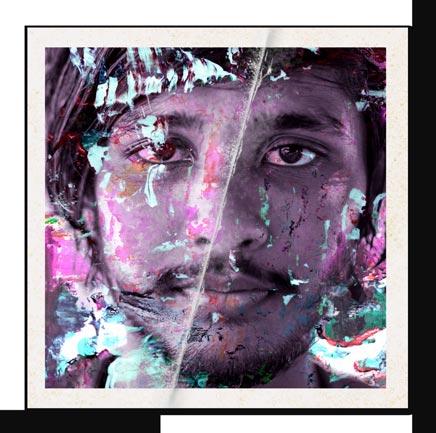
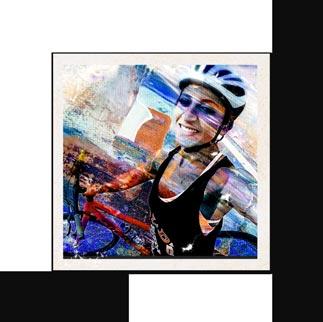

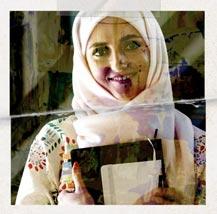
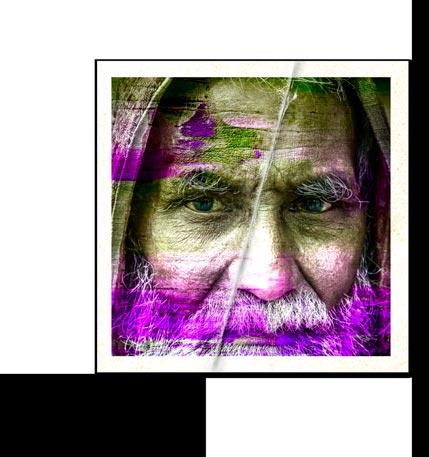
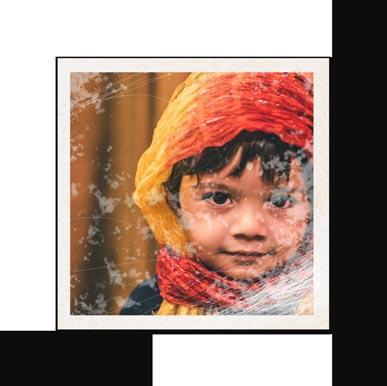

REBUILDING STOLEN LIVES MIGRANT HELP IMPACT REPORT 2021-22




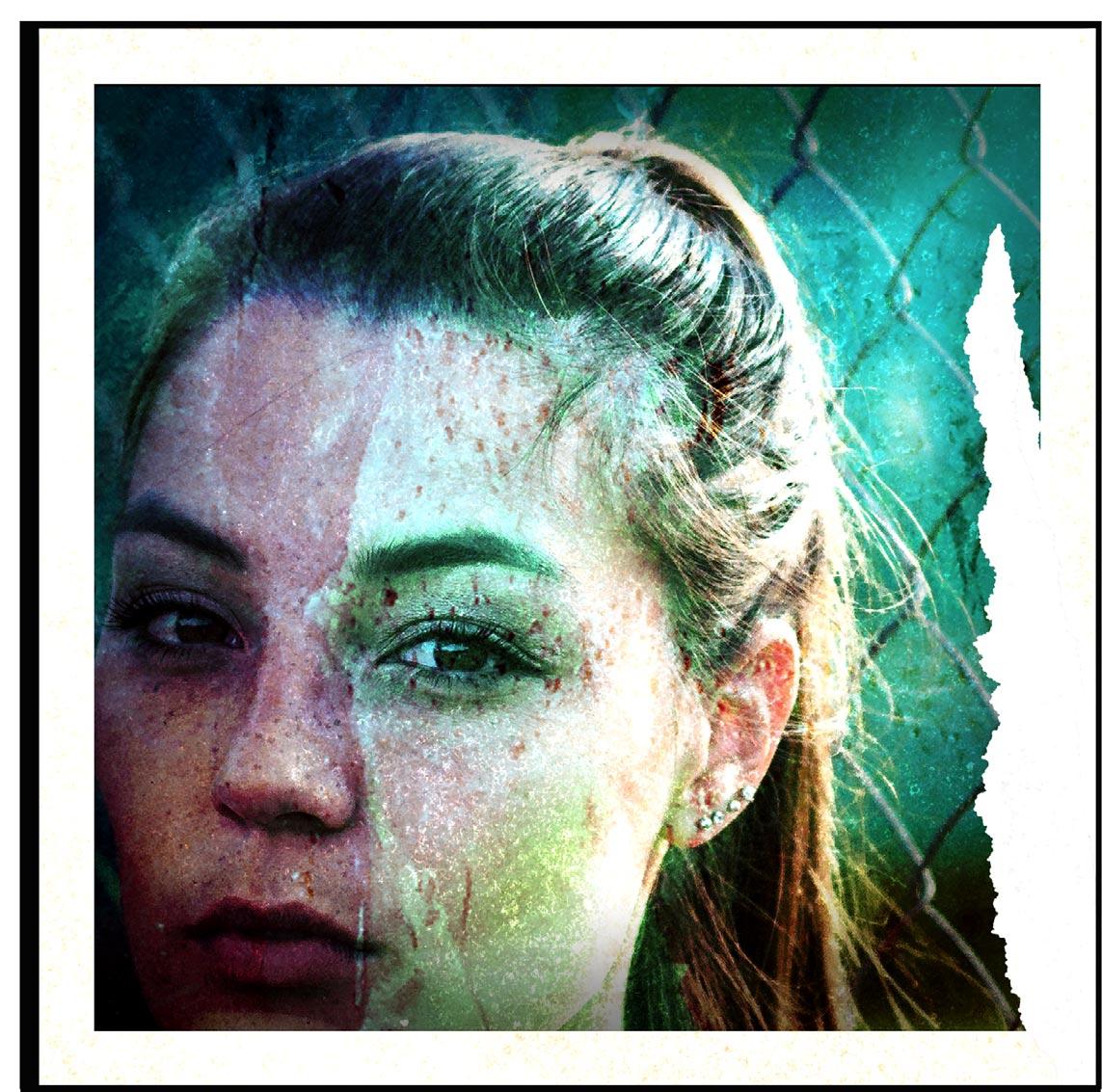


Contents: Re:ceptive > Our vision and values Re:connecting > Our Chair’s welcome Re:sources > How we help Re:sults > Stories and examples of rebuilding stolen lives Re:cap > Key highlights Re:gional > Where we’ve helped give people a voice Re:sounding > Clear Voice Re:action > Closing words from our CEO Re:markable > Thanks Re:inforcements > How you can help rebuild stolen lives 6 8 12 14 28 48 68 72 74 76
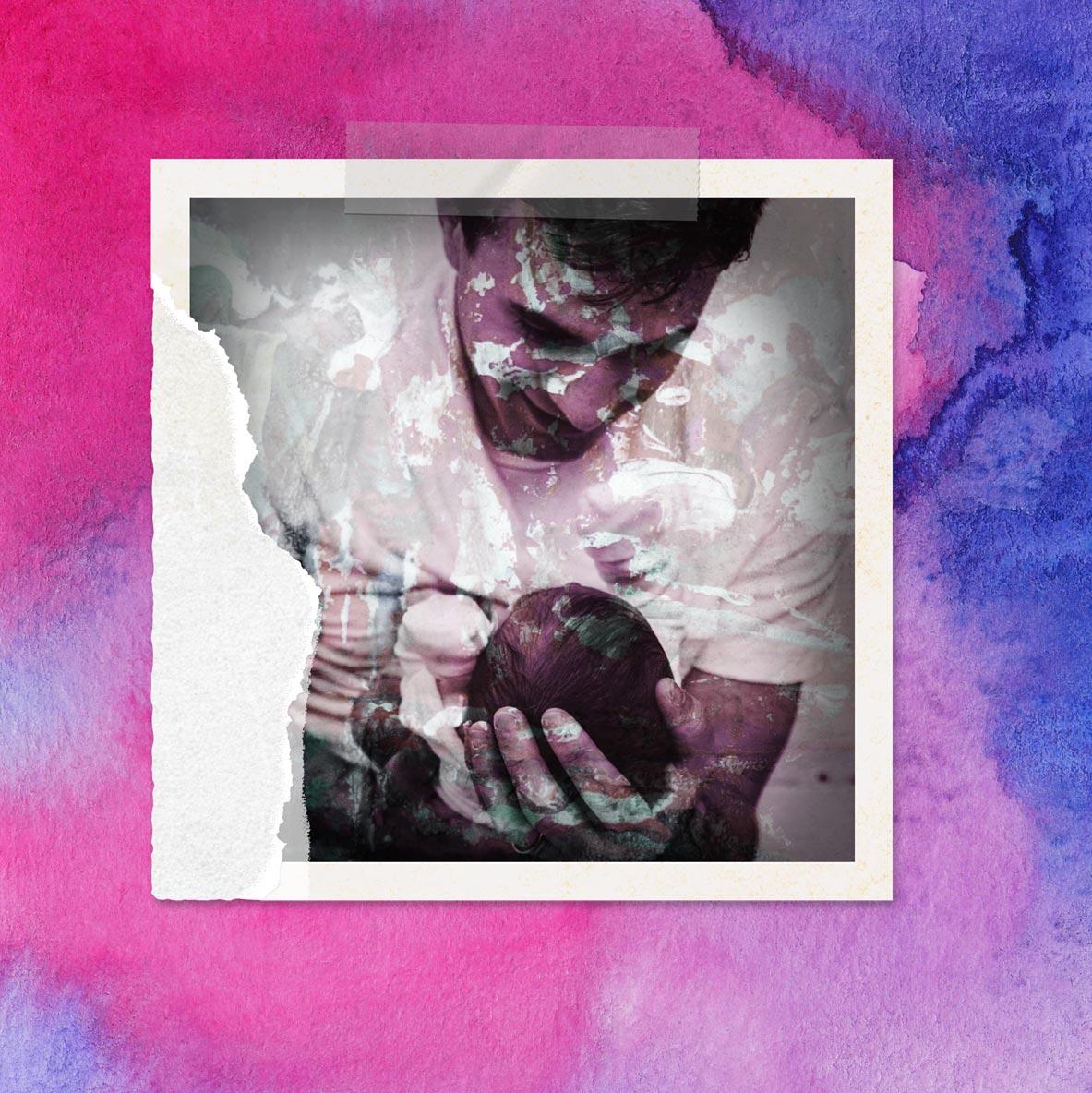
Supporting displaced people
To be forced to leave behind everything you know: where you live, the people you love, familiar places, customs and language. That isn’t something anyone chooses to do unless they have to. But to escape war, violence, exploitation or oppression it might be the only way to find safety. People deserve to be safe, to be welcome, and to be heard.
Hearing people’s voices


We work with, and for, people who – through no fault of their own – have had to leave everything they care about to find a new home for themselves and aim for a brighter future.
We are proud to tell you, in this report, about the work we have done in 2021/2022, providing life-changing help to the people that we, our teams and our partners have supported.
But more than this: we want to lift up their voices as we welcome them to the UK.
6
“People like me had to leave our countries because we faced many difficulties and risked our lives.

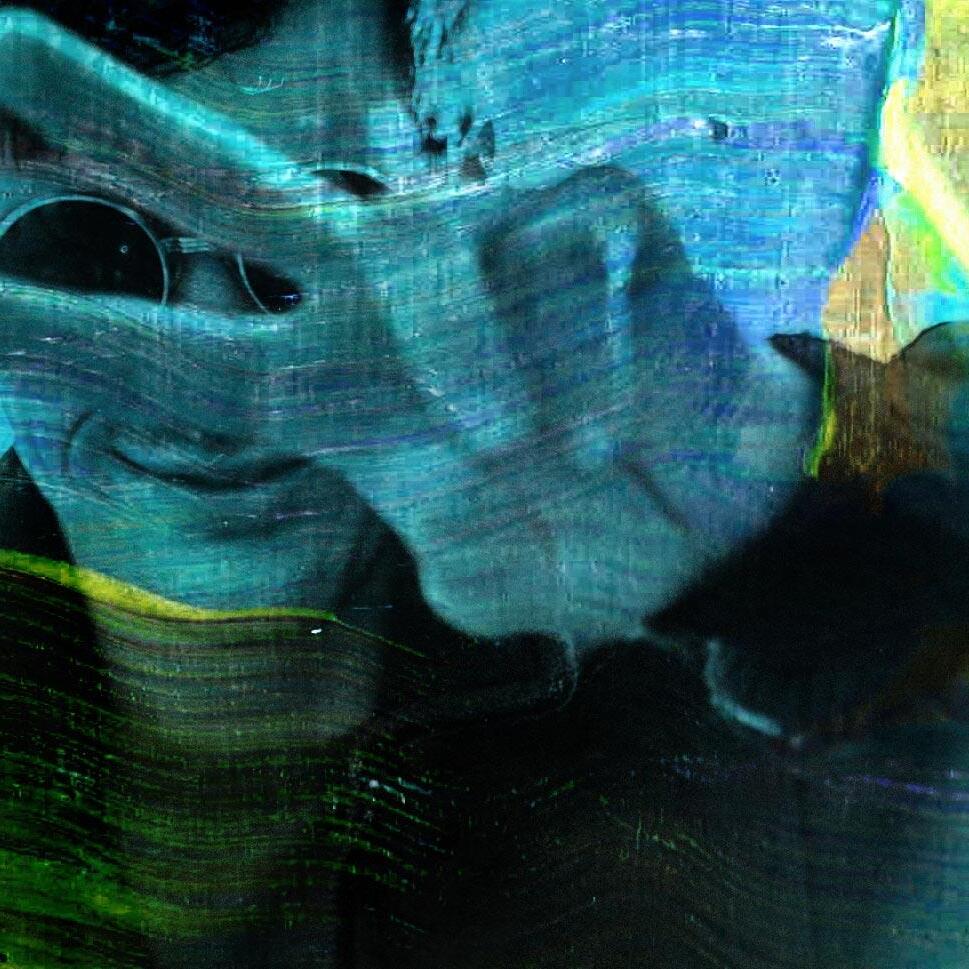
I had to leave my country and lost most of my friends on this journey. Migrant Help have done a lot for me – they have communicated with me and supported me.”
“Every time I was struggling, I needed any help or support I pick the phone up and I called you. You never once hesitated. You’re always there for me.”
It has been my privilege to have taken on the role of Chair of Migrant Help since September 2021. As a refugee myself, fleeing Uganda in 1972, my family was supported with warmth and compassion by the very same charity (then known as the Kent Committee for the Welfare of Migrants). The work we do in supporting people seeking asylum and survivors of modern slavery has, therefore, a deep personal significance.

8

As Migrant Help approaches its 60th year in existence, I am humbled by how much we have achieved, and at the same time, how incredibly vital our work is and will continue to be, especially in the context of the current challenges and the evolving global developments in migration and exploitation.
Our immigration processes can be complex and difficult to navigate. For the traumatised vulnerable clients we support, who face further challenges in communication, and the frightening insecurity of their situation, we are often the only helpline. It is a critical responsibility that we at Migrant Help take on with dedication, compassion and commitment.

It has been a particularly challenging year, starting with the halting return to work post-pandemic and the critical shortages of staff across all sectors. At the same time, the demand on our services has been unprecedented, exacerbated by the arrivals of refugees fleeing the Afghanistan conflict and the Russian invasion of Ukraine.
In addition to our work supporting people seeking asylum, we also expanded our contractual support to survivors of modern slavery in South East England, and were awarded a new grant funding to support survivors of human trafficking in Scotland.
We continued working cohesively with external organisations within the community and the sector, creating collaborative funded partnerships. We developed Lived Experience Advisory Panels to ensure our services are inclusive, informed and tailored towards the needs of our clients.
Our staff worked diligently to meet these increasing demands of all our work, by trying to mitigate the recruitment challenges, by working even harder, implementing efficiencies, and doing their very best to make sure we fulfil our responsibilities. I applaud their commitment and resourcefulness.
Our impact report shows that we supported nearly 82,000 refugees and people seeking asylum, more than 1900 survivors of modern slavery, over 5,000 EU citizens, and created employment opportunities for 40 refugees to work as interpreters.
10
This report seeks to showcase the stories that lie behind the numbers. We hope to share the real-life outcomes behind the outputs in our work: supporting and empowering our clients, working collaboratively with the sector to actively support a more compassionate public narrative about our clients and to truly implement a lived experience focus in the delivery of our services.


I feel incredibly proud and humbled by the dedication, professionalism and compassion of my team at Migrant Help and our partner organisations. Every story of suffering, resilience and hope shared by our clients in this report leaves me inspired, committed and with a sense of urgency to do more – to continue delivering lasting impact.
There is much more to do, and I am truly grateful to be supported by a team that is committed to delivering the charity’s vision.
Chair of the Board of Trustees
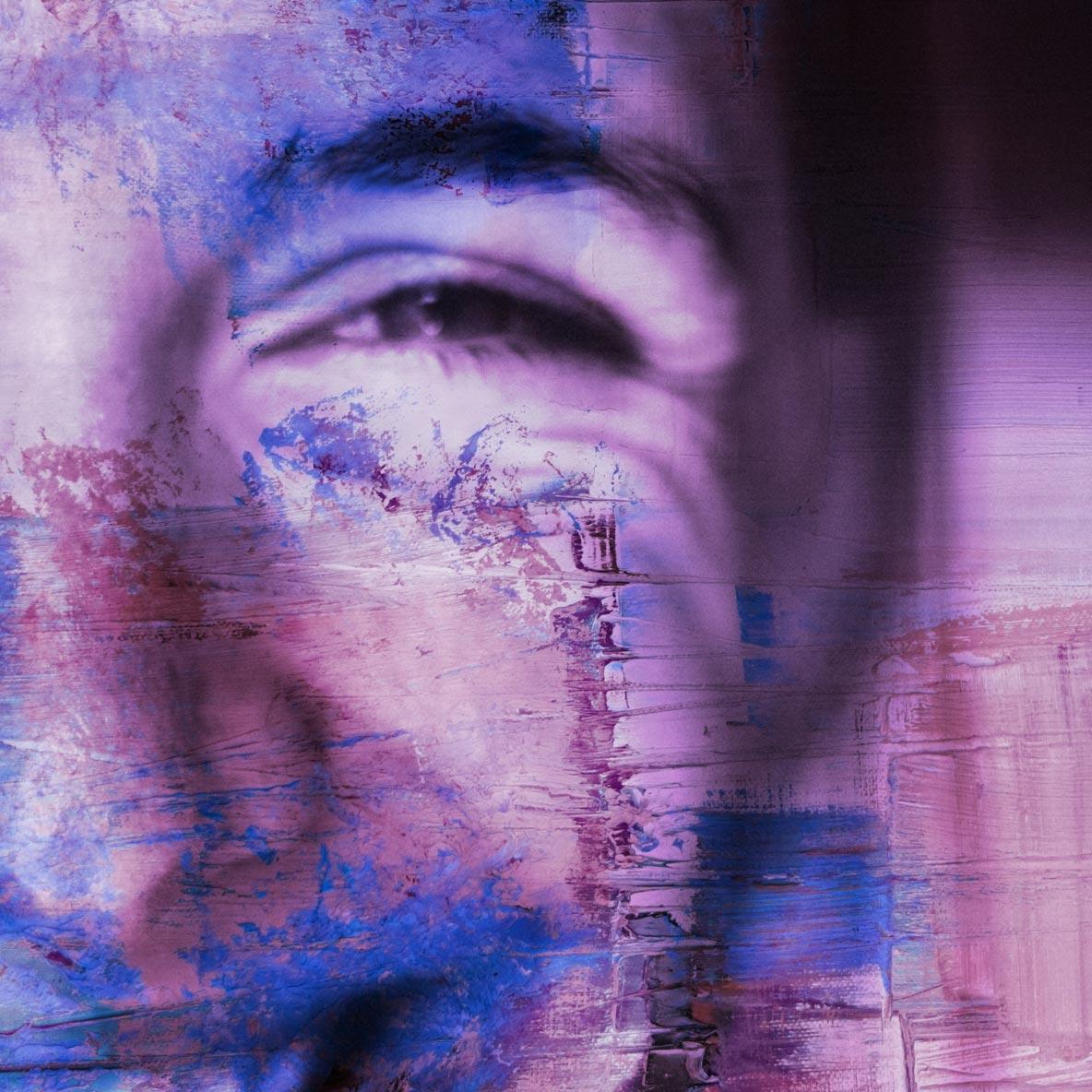

12
How we help

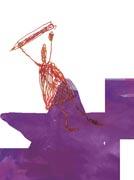

Our services are all aimed at supporting people affected by displacement and exploitation. These include:



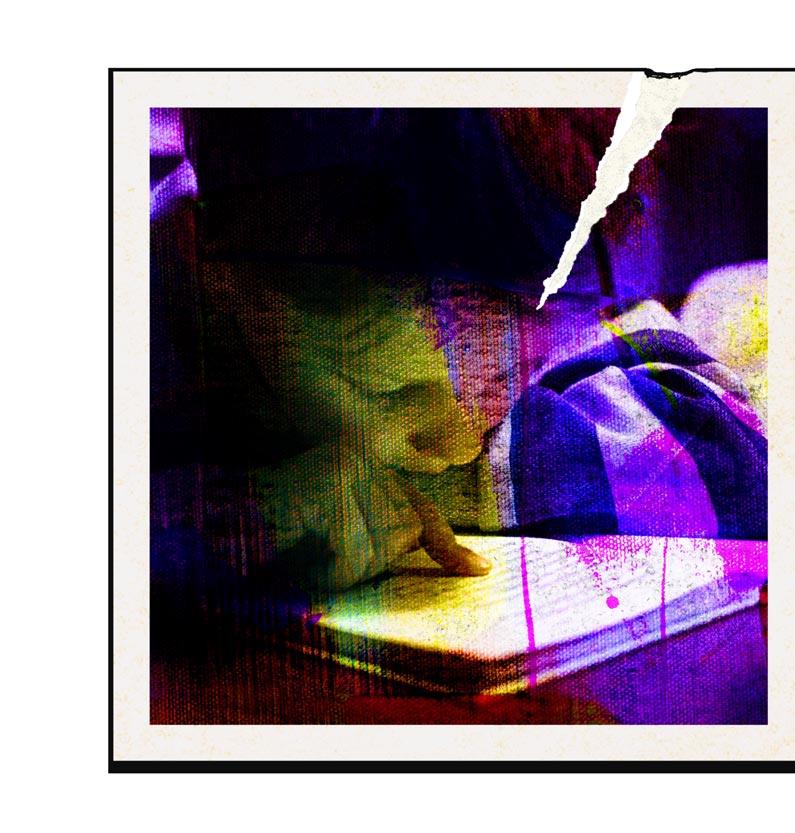

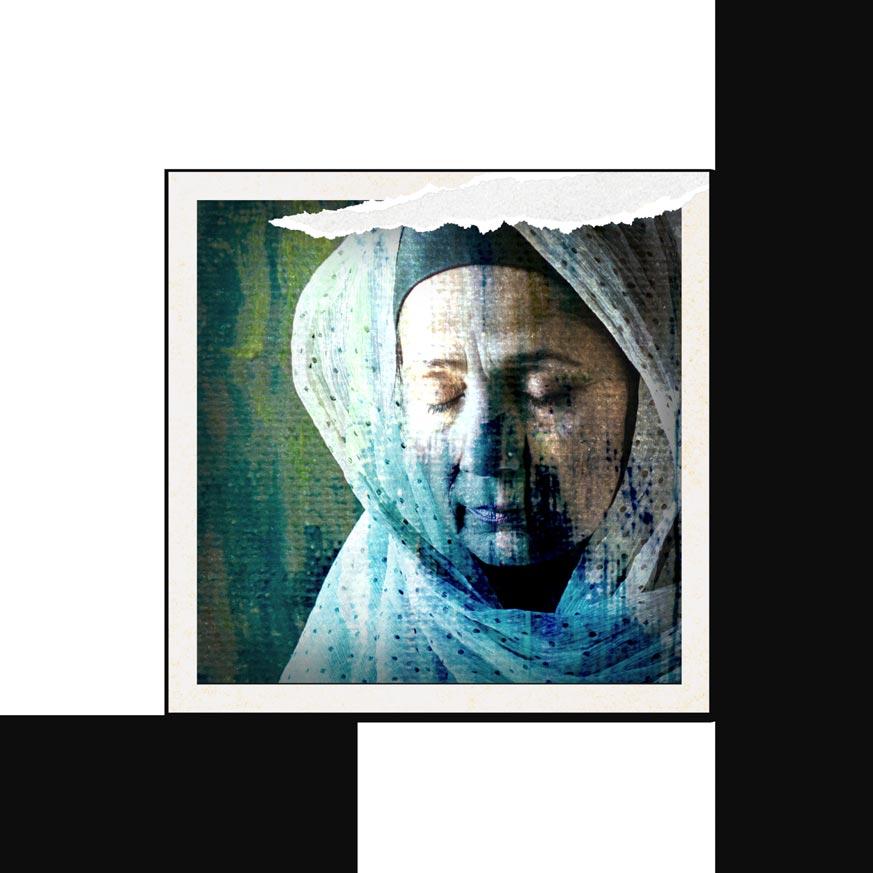
14
How giving people a voice helps rebuild their stolen lives.
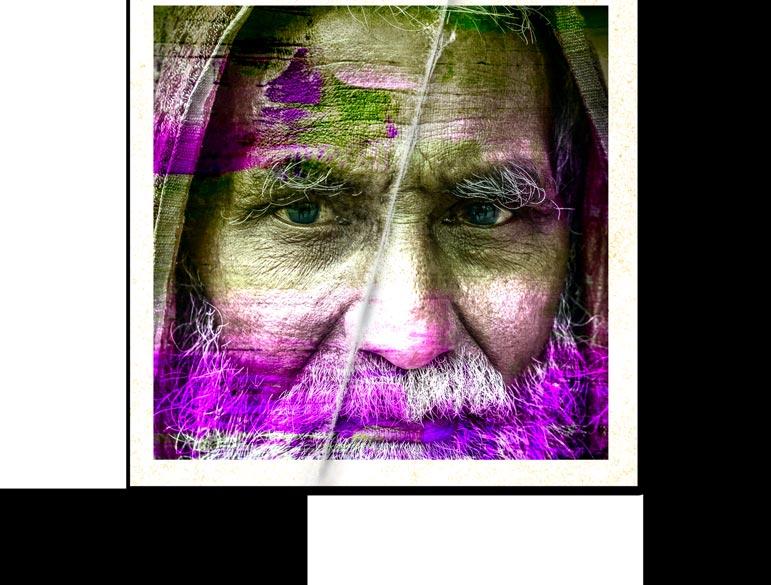
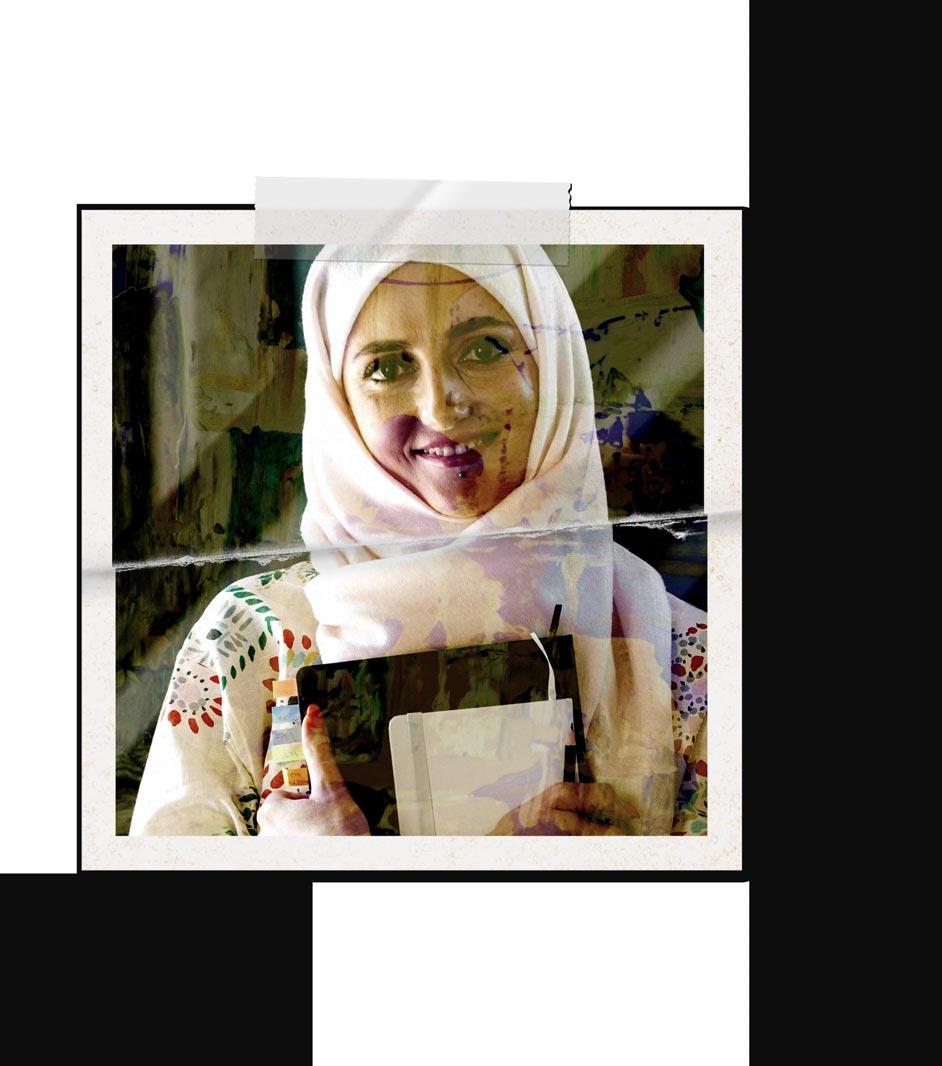


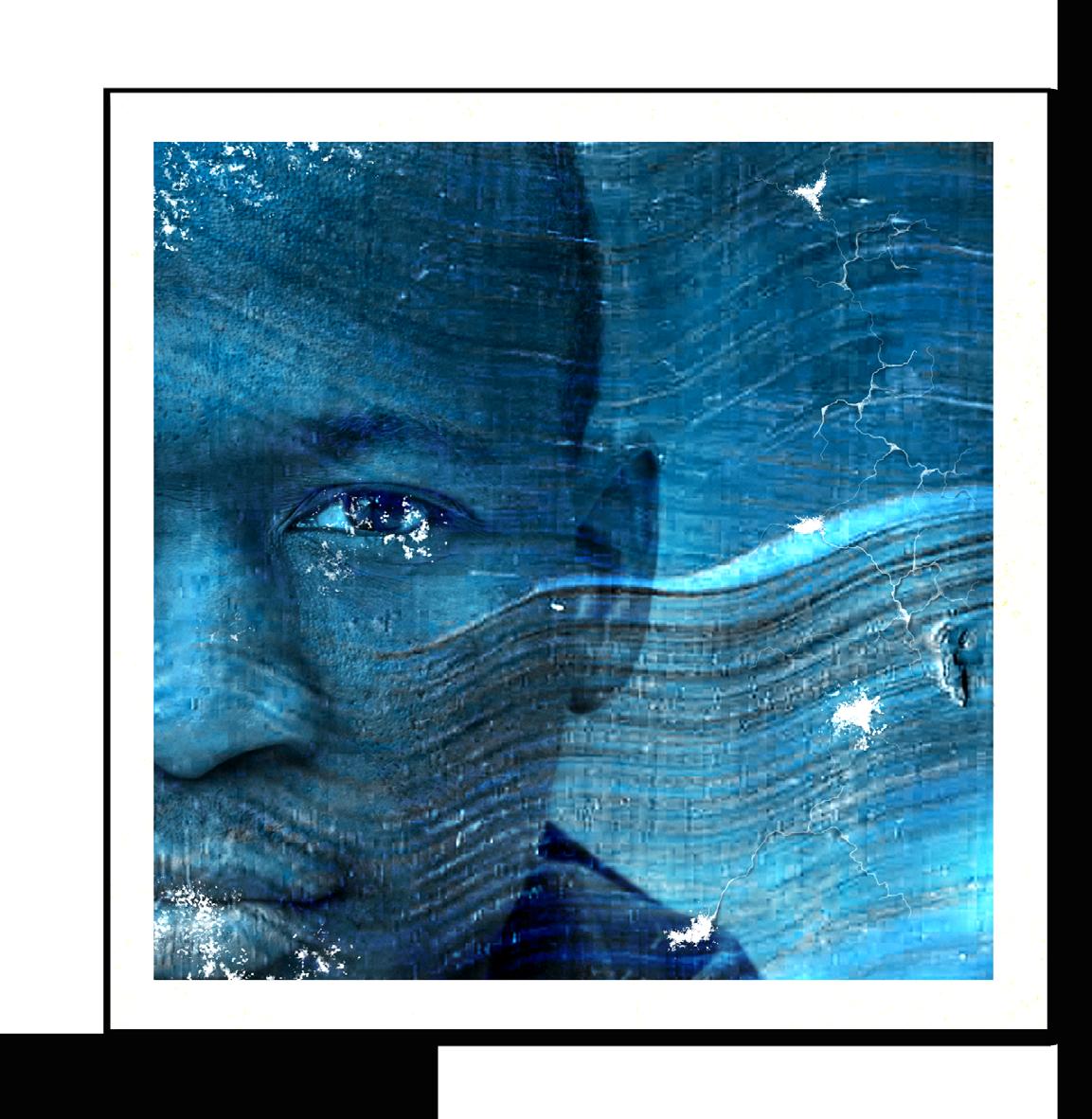
16
Nazeer’s story
I am 20 years old. I was born in Eritrea in 2002. I am the only child of my parents – I have no siblings.
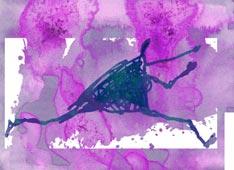
My father was arrested in 2004, and again in 2006. This was the last time I saw him. He is still in prison.
After this, we moved, for our safety, to Sudan. I was very happy there – it was my home.
In 2018 my best friend took part in a demonstration against the administration, and he was killed because of it. They had killed my friend (who I called a brother), and I felt that I had to participate in the demonstrations as well, in his memory.
I was personally targeted by the rapid support force, partly because I was Eritrean, not Sudanese. One day they just chased me and hit me with their car. I needed an operation, and the injuries left large scars on my arm and pain in my arm and hand.
I still really didn’t want to leave Sudan, but my auntie, who had been raising me since my mother’s death in 2011, told me that it wasn’t safe for me to stay any more.
She said: “They killed your friend, and now they are targeting you, they are going to kill you as well. You have to leave Sudan”.

So, in 2021, I left Sudan for Chad. After 14 days in Chad I went to Libya, where I stayed for 10 months. Then I travelled to Italy on a plastic dinghy. It was a long and exhausting journey. We were picked up by a ship called the Viking Ocean, but at the time we were still in African, not European, waters. Eight hours later we passed into Italian water and came to shore.
I spent four months in Italy. I met an agent who was helping people get from Italy to France by lorry. He charged 50 euros, which I couldn’t afford, so I borrowed 20 euros from a friend. Because of this I was told that I would have just one chance to get to France, if the attempt failed then they would not do anything more for me.

Once I finally got to France, I had two choices. I could either get to the UK on a lorry or by boat. Travelling by lorry is quite risky, you could fall and even die. Considering my arm injuries, I decided that the lorry was not a good option for me. But to go by boat, the agent was asking for 500 euros.
My auntie sent me the money but then the agent told me that they wanted 1,500 euros. So again, because I didn’t have the full amount, I was told that I would just have one chance to get to the UK.
I made it to the UK after a tiring and frightening boat journey. As soon as I got here, I was relieved, although one day I would like to go back to Sudan if it was safe for me – which it isn’t at present because of the militias.
Now, most of the time I think about my auntie. I have no one in the UK, no family, siblings, or mum. I keep thinking about everything my auntie did to pay for my journey. Her son told me that she now lives in a very harsh situation in Sudan. She can’t even afford to buy food, she never told me this, but her son did. I feel helpless and hopeless because I can’t give her anything back. It is very hard.
18
I am also very worried about my arm injury. A doctor in Sudan told me that I would need another operation, otherwise I might lose the movement in my hand.
At school I didn’t study much – my hobbies were all sports. I played with a couple of football teams there, and I am hoping to carry on playing football in the UK. This is my ambition, as long as my hand injuries don’t stop me. In the meantime, I am running as well to prepare myself and keep physically fit.
I play up front. My favourite British team is Chelsea and am now registered with a team in Solihull where I am now living.
I met the coach, and he has my number, so I hope he is going to call me back.
I’m grateful for the support I have received from Migrant Help. Sameera has done a lot for me. She has supported me, communicates with me, took us on a visit to Wales and also gave me a bike.
I would like to say that people like me had to leave our countries because we faced many difficulties and risked our lives. We had a difficult journey across the sea which was so hard.
I had to leave my country and lost most of my friends on this journey – I could have lost my own life too.
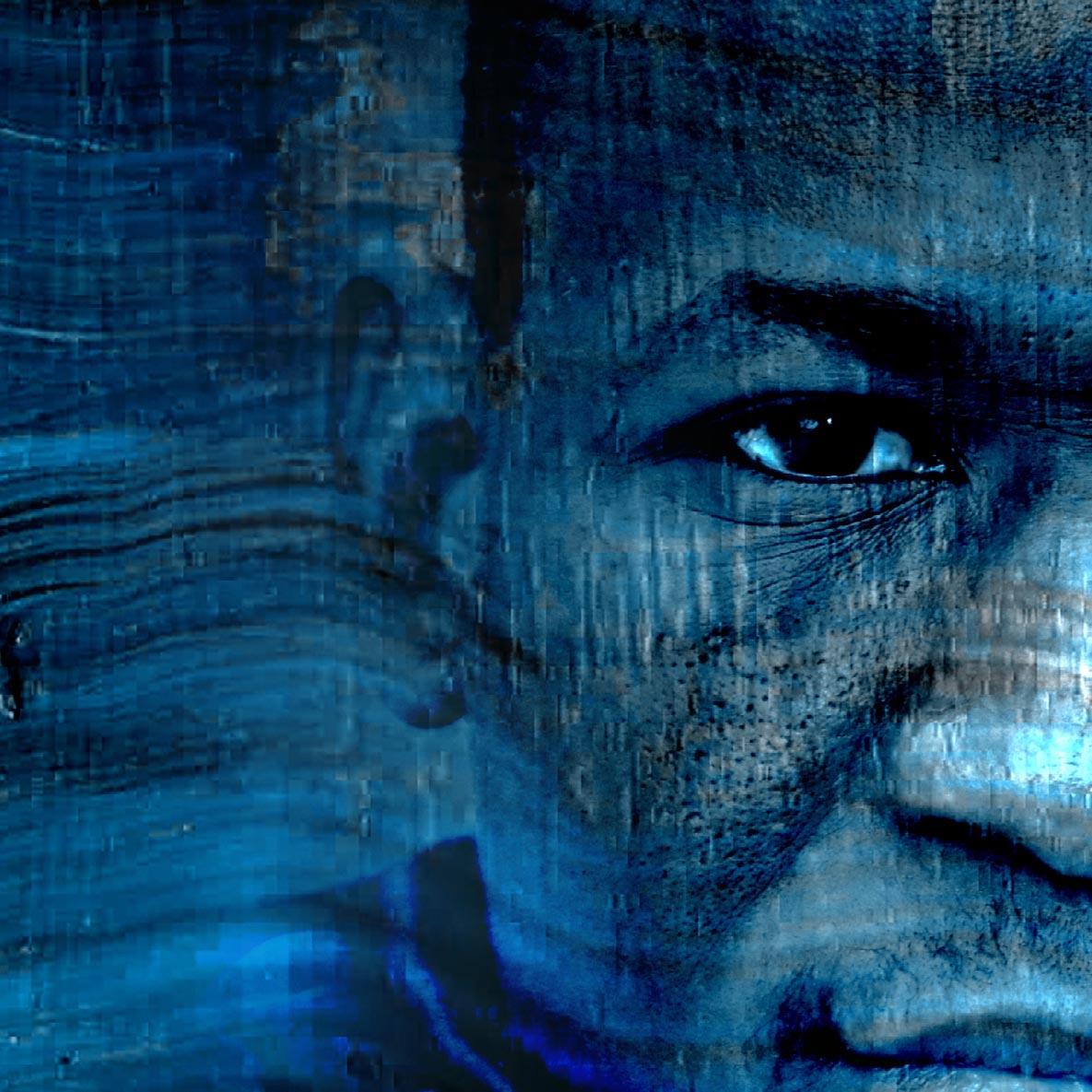
Community Hubs
Birmingham Cycling Project
Our cycling project in Birmingham, funded by Sporting Equals, has helped many clients learn how to ride a bike, socialise, and travel around the city independently.
”Working with people seeking asylum and refugees has been the most rewarding work I have ever done with cycling. Each level I've taught has been rewarding in different ways. I know when I get a novel cyclist that teaching them how to ride a bike will give them a skill that will last them a lifetime. Knowing how to cycle gives them more independence and freedom, it saves time and money and enables them to stay mentally and physically healthy.
“One lady, during one of my first sessions, had received bad news just before the lesson. She was extremely stressed and sad, but she came to the lesson and spent the two hours laughing and feeling empowered. Teaching someone how to ride is extremely rewarding - I knew I was offering them such a freeing experience.
“Many spend large amounts of time in their rooms with very little to do, especially during the pandemic, and this cycling opportunity meant they got to get to know the city, socialise, improve their English, be closer to nature and exercise outdoors - all things that support mental and physical health.
Migrant Help’s Community Liaison Coordinator was amazing in this project!
Her passion rubs off on anyone around her and Migrant Help is always willing to help people on such a human level.”
Sophia Moffa, Project Coach

20

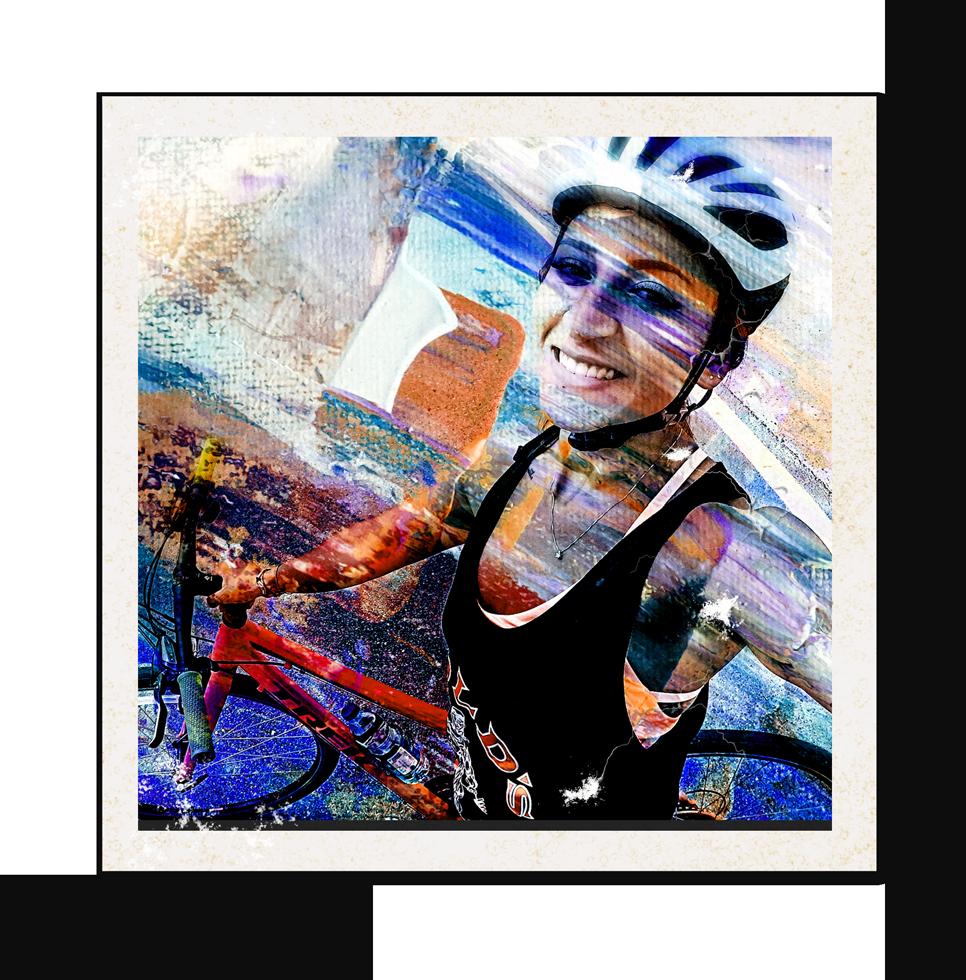
and refugees has been the most rewarding work I have ever done with cycling.”
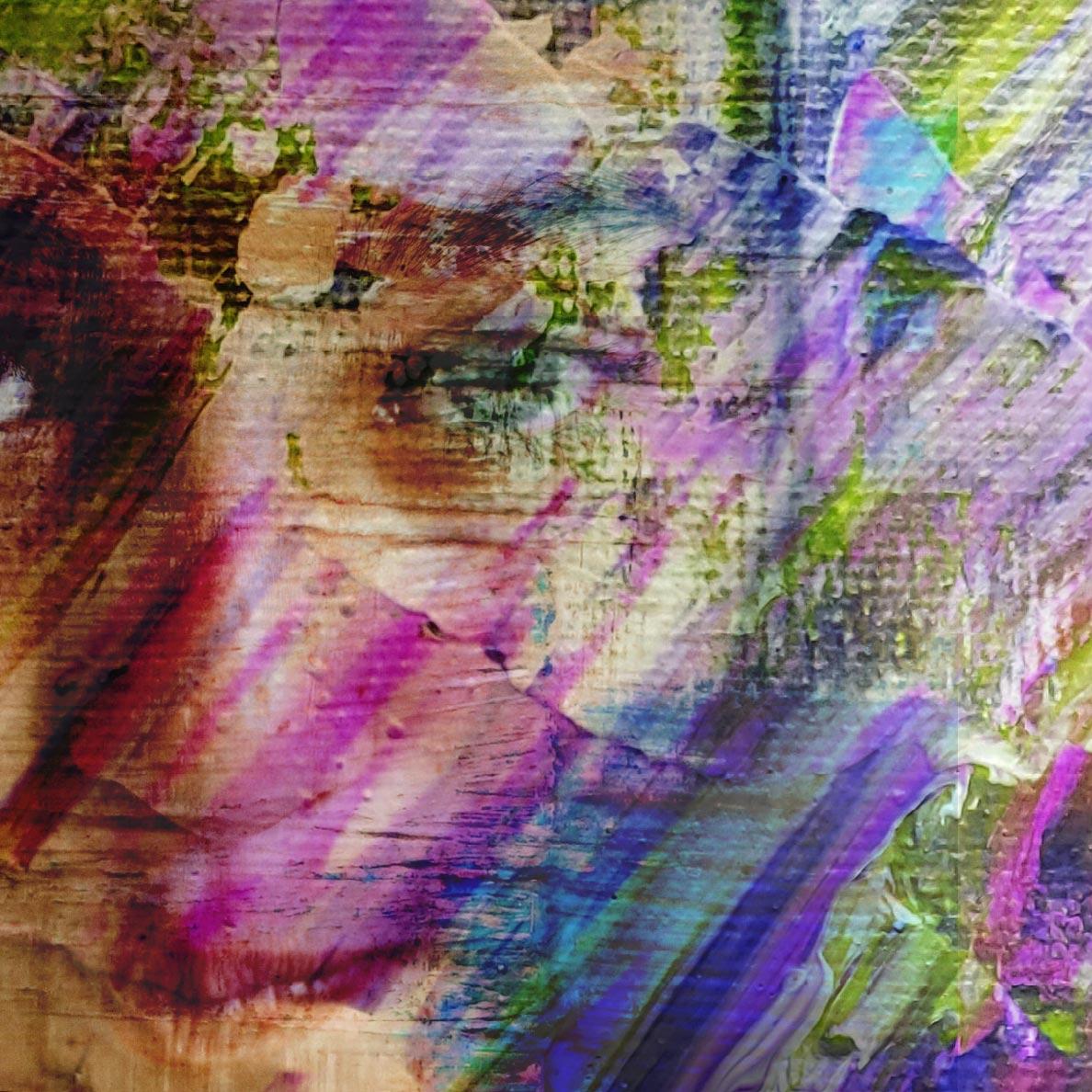
22
Barnardo’s Boloh Helpline
Clear Voice is supporting Barnardo’s Boloh Helpline with pro bono interpreting.
Barnardo’s Boloh Helpline was established in October 2020 and provides advice, signposting, emotional support, and free therapy to adults seeking asylum across the UK.

Communication is essential to enabling this kind of support to take place, and that is where Clear Voice’s interpreters come in. Their substantial experience handling sensitive calls meant that Clear Voice’s telephone interpreting service was the ideal fit for the Boloh Helpline.
And to go the extra mile in support of its valuable work Clear Voice provided pro bono interpreting for the Pashto and Dari languages.
It is fantastic to form partnerships with other like-minded charities and social enterprises, and to support their valuable work.
Neil Wildman Children’s Fund
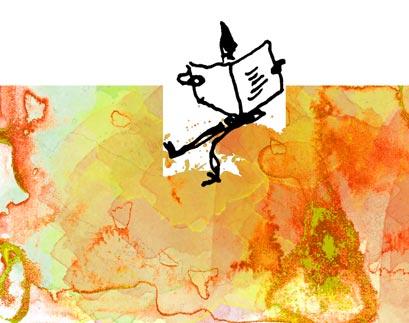
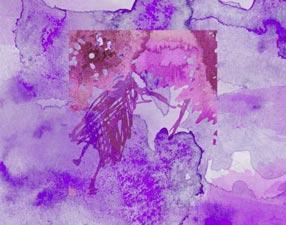


Set up in February 2020 in memory of a much-loved colleague, the Neil Wildman Children’s fund provides essential tools, equipment and more for displaced children and young people, whose early years have been interrupted and changed forever, helping them to settle into their new lives.
This year donations to the fund were used to:
provide materials for the Napier accommodation centre to use on a mosaic project with client.
Buy a book case, children’s table, chairs, play mat, books and a range of toys to create a fun, welcoming and educational library and learning space for families at a hotel in Blackpool for people seeking asylum.
15 24


Youth Welfare Officer

In-depth research and first-hand engagement in the UK have revealed a wide range of challenges for young asylum-seeking men, and the different areas in which they require support.
Young people’s journeys to the UK were riddled with difficulties. With many facing complex challenges to their mental health and wellbeing.They’re also experiencing barriers to accessing existing support services and navigating the UK asylum system.
So that’s why we have piloted the role of Youth Welfare Officer from 2020 to 2022.
The role came out of a collaboration between Migrant Help and Helen Bamber Foundation, Refugee Council, Young Roots and Liz Clegg, and was aimed at young asylum-seeking men aged 18-25.
Results have been so positive that we will definitely expand this work in the coming year.
The pilot project found that the Youth Welfare Officer:
> filled gaps in existing services
> harnessed the power of collaborative civil society efforts
> built on the UK Government's support for care leavers
> was cost-effective, and beneficial to the wider system
> addressed and reduced safeguarding risks
26
“Following the completion of two successful pilot projects run by the Refugee Council in Birmingham and Young Roots in London – both supported by Migrant Help and a civil society steering group – it is evident that the Youth Welfare Officer scheme has great potential to fill critical gaps in the UK’s approach to supporting young people seeking asylum.”
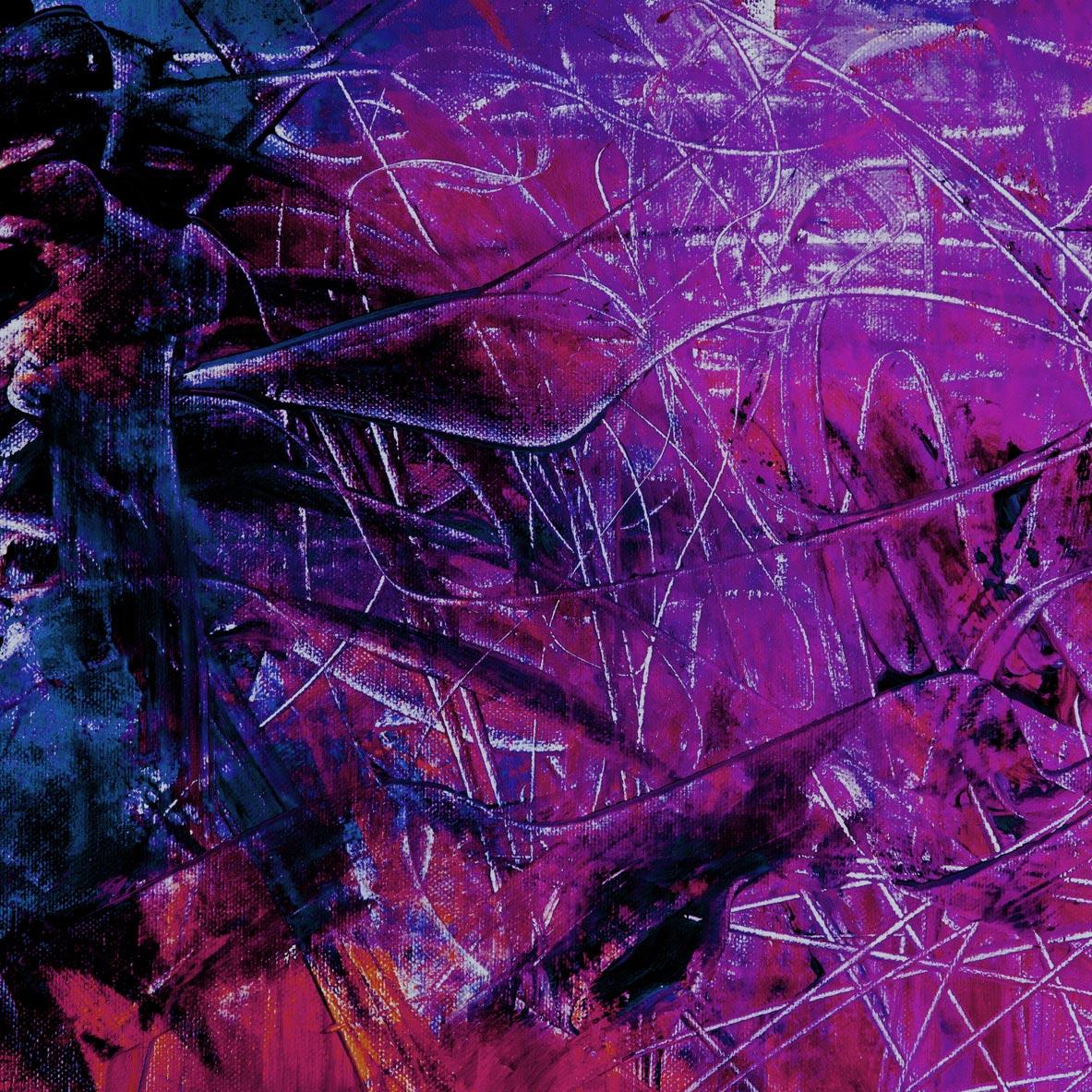
“The Youth Welfare Officer is entirely filling a gap, and the easy answer is by looking at how high it is in demand.
We see a lot of interest in the Youth Welfare Officer, and a lot of referrals – it’s driving people in the right direction to the services they need. We see strong numbers.”
Migrant Help representative
(Impact Report: The Youth Welfare Officer Pilots Implemented in Birmingham and London, 2020-2022)



28
“I want to thank you for your assistance. I was in the worst situation possible, and I got fantastic support from you when I had no means of support from anywhere. I was traumatised before Migrant Help support and now, I feel much better and it’s all down to you. I am very happy to meet this fantastic organisation who made it so easy for me.”
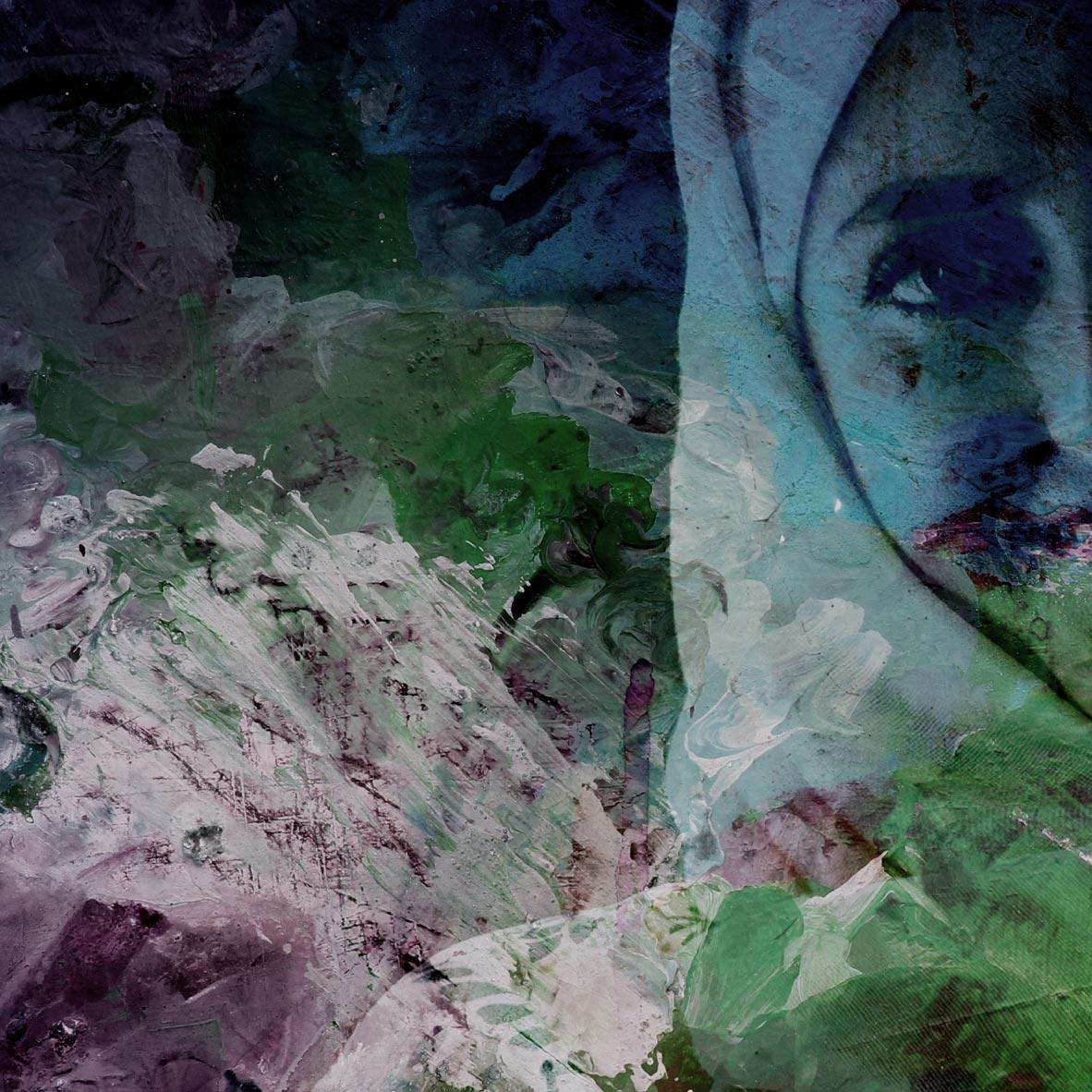
Lived experience advisory panel (LEAP) members:
“I feel like having experience is something that you can’t compare”
“We are all humans and we all have different history. So if we share our history maybe someone will be safe. They won’t struggle the way we have struggled.”
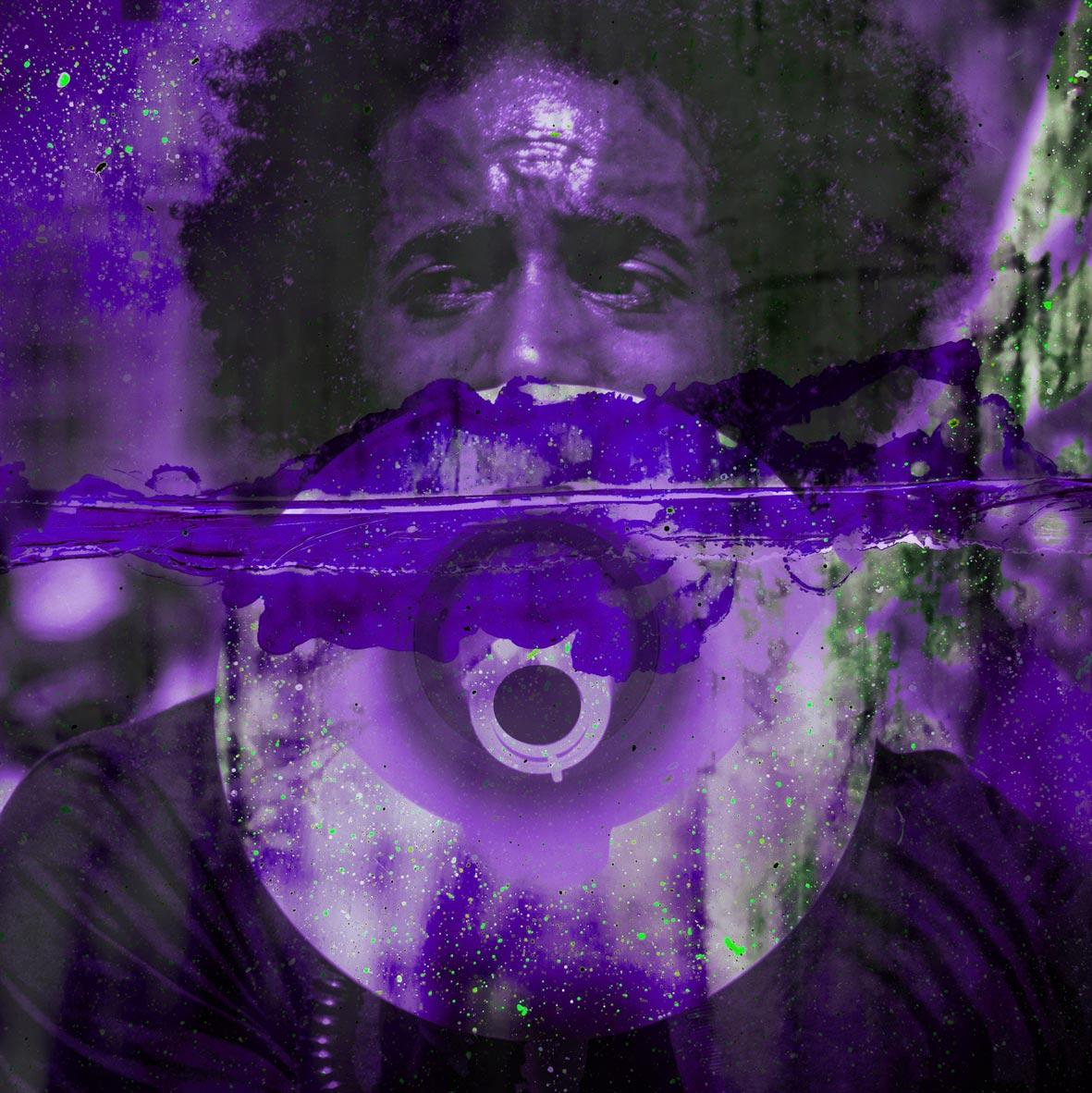
I believe that through our experience and through our stories, we’ll be able to make a change”
“I see the importance of my voice”
30
Making people’s voices heard

Co-production

Giving people with lived experience an equal role in designing, delivering and evaluating services and influencing our wider activities.
By using co-production we acknowledge that people who use our services are experts by experience and have knowledge that can be used to improve services, for themselves and other people who need them.
This year we:
Embedded co-production in our staff induction, so that all Migrant Help staff understood and saw the value of working in this way
Developed a toolkit and workshops to support safe and meaningful involvement
Saw 67 members of staff use co-production in their work
Involved 23 clients in co-production activities


Formed partnerships to support digital inclusion
Established a Lived Experience Advisory Panel in the Resettlement service

Identified over 30 service improvements to the way we approach measuring impact for clients, using co-production
Made the client voice an integral part of our organisational response to the government’s new bill for immigration
32
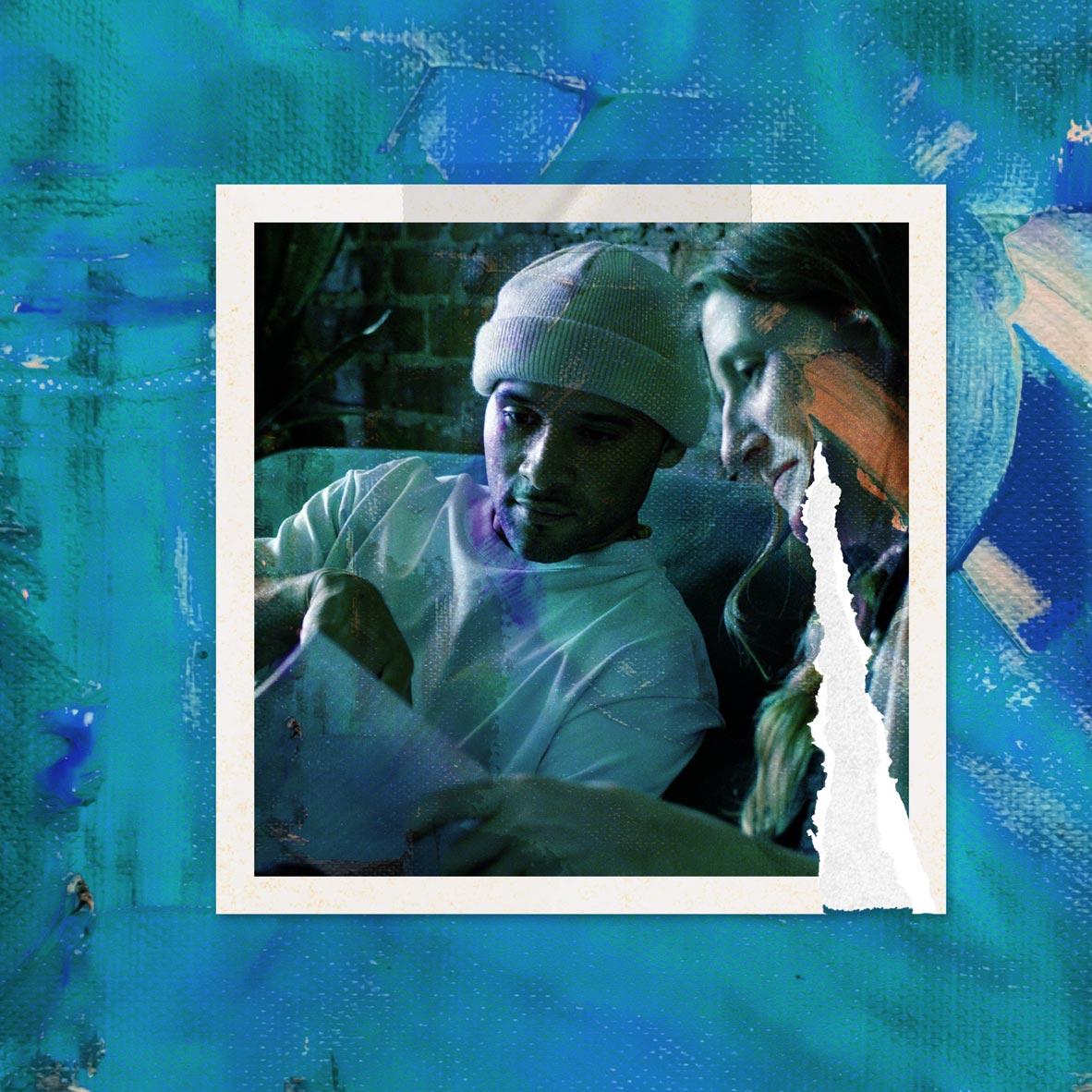
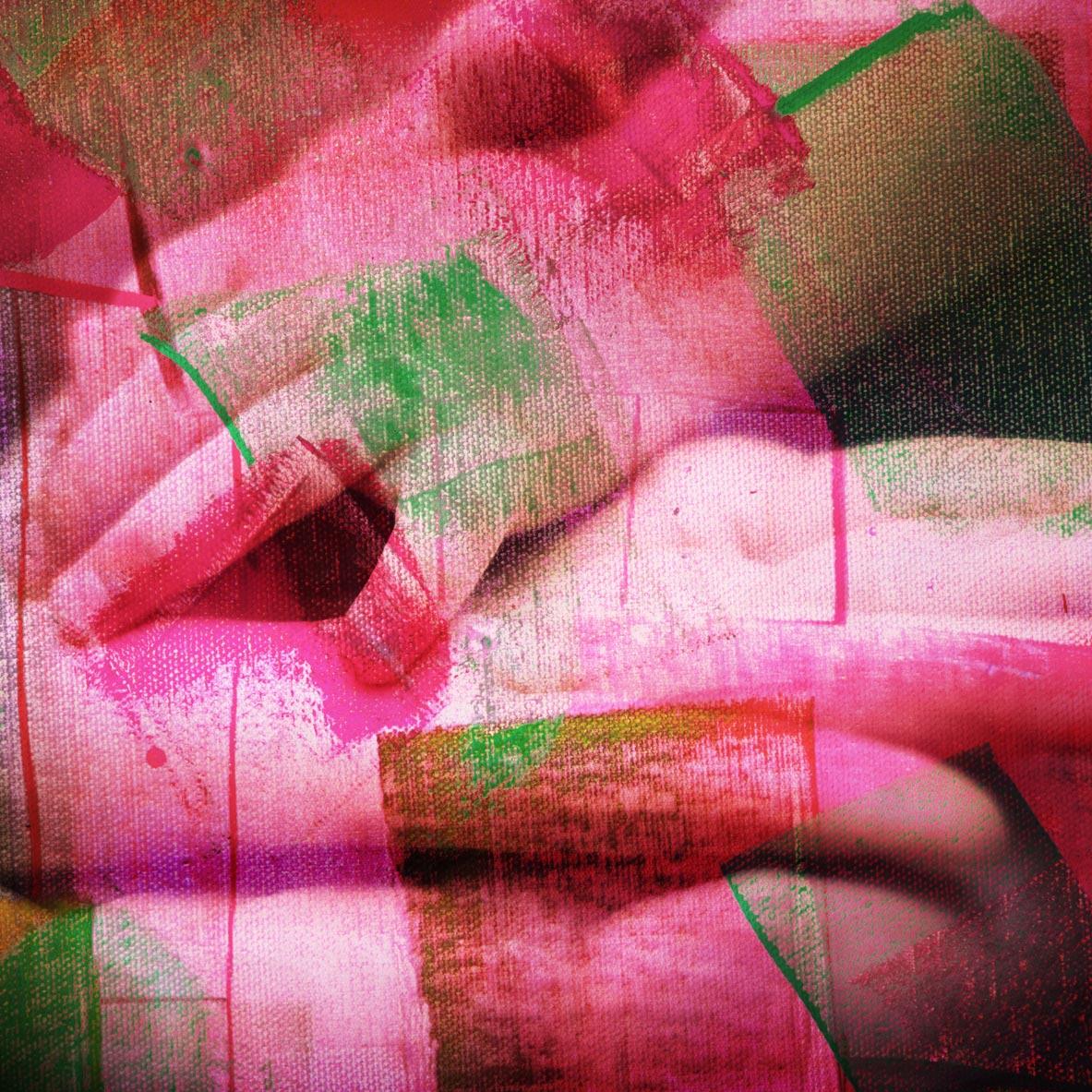

34
Extending a hand of welcome Asylum services
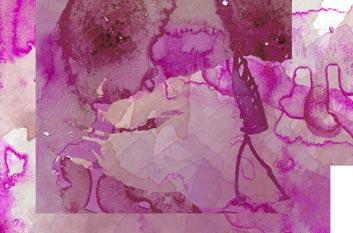

We support people and families who had to leave their homes through no fault of their own.
They have often been subjected to unimaginable violence, war, and devastating conflict. Others are fleeing persecution for their gender, faith, sexual orientation, political beliefs and other human rights violations.
We are proud of the role we play in supporting these brave and resilient people once they reach our shores. We support people seeking asylum in applying for accommodation and financial support and provide advice to help them navigate the asylum process.
After the decision on their asylum claim has been made, we carry on supporting people, whatever their individual outcome.

Asylum helpline

We assisted 81,776 people seeking asylum in the past year and answered 616,263 calls. We are doing everything we can in often complex circumstances to make sure that our clients get the help and support they need.
Innovations this year have included a flexible, multi-skilled and trained Central Adviser Hub to help across all areas of our asylum work, as well as setting up a dedicated safeguarding team to focus even more on the protection and wellbeing of the people we support.
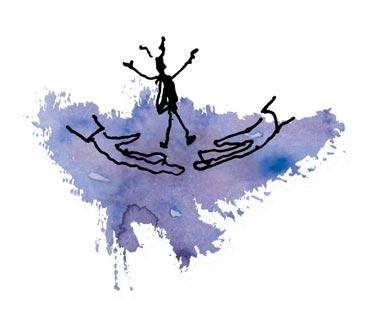
We continue to promote the use of alternative contact channels, such as webchat, by holding workshops with third party organisations and have seen usage of these channels increase. We have also increased our staffing considerably this year, to address the demand for our services.

36



Outreach
We provide specialist advice by appointment for some of the most vulnerable clients that we work with, who may not be able to access the usual channels of support, such as our helpline.
We have seen an increase in numbers again this year and have been supporting more than 100 people each week with this service, in our busiest months.
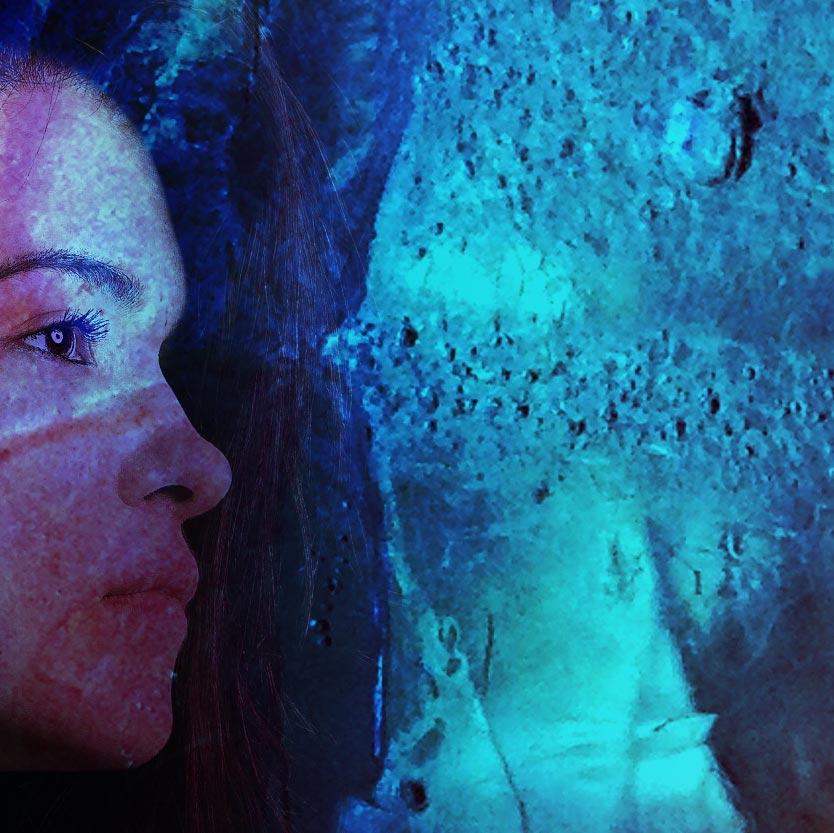
38
We were really pleased to be able to carry out much higher levels of face to face outreach towards the end of 2021, after the previous restrictions during the pandemic.
The Outreach team would like to thank all of the partners who have sent ss referrals this year, and to our commissioned partners for joining our framework to help in this important work.
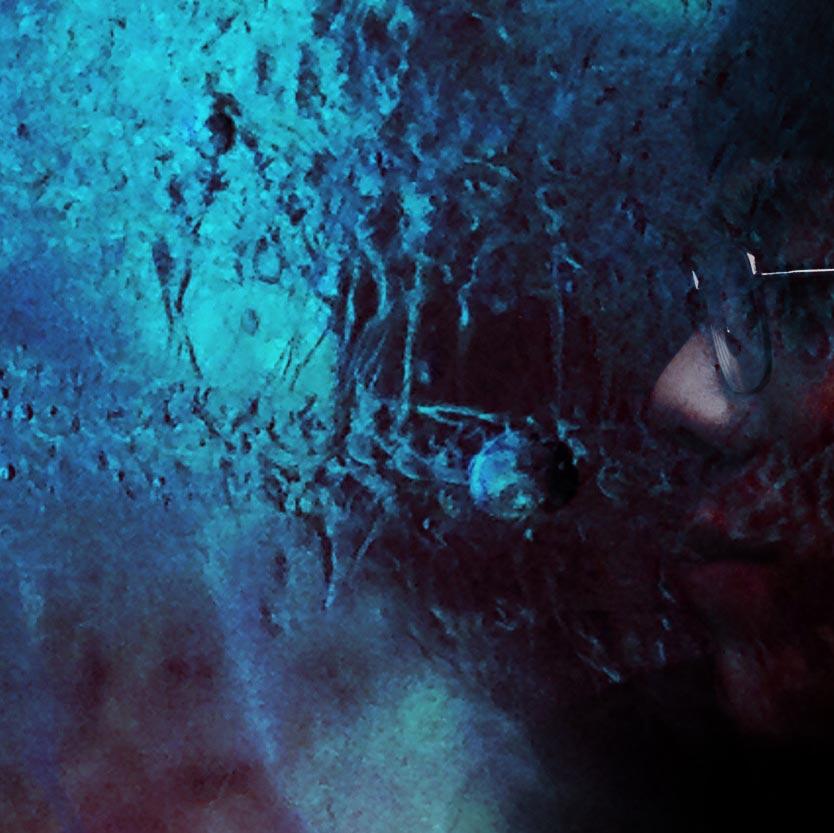
Z’s story

When Z was first referred to our outreach services, he was tearful, frightened and really struggling with his mental health. He was missing his family, and in particular his much loved five-year-old son, who he had lost contact with. The first thing we were able to do was simply to listen, lend a sympathetic ear, and assure him that all his worries were being heard.

40
By referring him on to the British Red Cross Family Reunion Integration Service, we helped him to trace his family. To support his mental health, we advised him to make an appointment with his GP.
As he told us that he would like to talk to someone in depth about his struggles, we were also able to put him in touch with the charity Mind.
He was grateful for the support he received from us. By listening to each of our clients’ stories, we can understand the impact of the traumatic events they have undergone, and how this affects their mental and physical health.
Their stories of the heartbreak of estrangement from their family, friends and the life that was once familiar to them are each unique and we work with many partners to help them be heard.
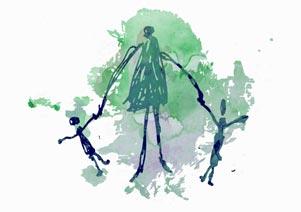


Move On
Once our clients have received an asylum decision, that is not the end of their journey, or the challenges that they might face. We provide a Move On service to support people and families through the next stage, whether that is starting their new life here in the UK, appealing against a decision, or having to leave the country.

We are proud to have helped 5373 clients after receiving a positive decision on their asylum claim this year: more than treble last year’s numbers, and 2075 clients after a negative decision.
We are grateful once again for the support of our Move On partners: Reed in Partnership, Welsh Refugee Council and Bryson Intercultural.

42
“It’s been absolutely rollercoaster these last couple of months of my moving on process ... but I’m so grateful I had you in my corner to give me the support and help that I needed”
More Than Refugees

We worked with Love Island’s Nas Majeed for a powerful Christmas campaign – More Than Refugees – sharing the stories of two amazing young men, Eduardo and Osam, who came to the UK escaping war and violence. The campaign video, in which Eduardo and Osam told why they had to flee their home countries and some of the challenges that they faced when they arrived in the UK, received widespread media coverage, and was viewed over 300,000 times and liked over 15,000 via our social media channels, gaining a reach of 340 million and helping to change perceptions of young men seeking asylum in the UK.
Both young men are now giving back to society themselves: one is training to become a nurse, and the other works at law firm that supports displaced people.

Digital inclusion



One vital way that displaced people can be given a voice is by digital inclusion. In November 2021, we agreed to become the umbrella partner to distribute mobile phones and data SIM cards to 1250 people seeking asylum and survivors of modern slavery, through a partnership with Hubbub and the Good Things Foundation.
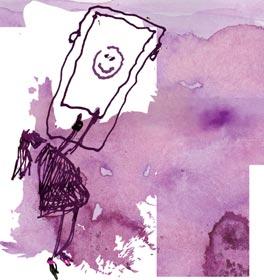
In March of this year, we joined the national database so that our clients could get SIM cards and, crucially, data packages to enable them to communicate effectively using their devices.
Through this programme we have worked with 14 partners, a range of large and small organisations, and are grateful for their support in providing these empowering tools for our clients.
44
“I can’t thank you enough. You have enabled me to smile. You gave me my smile back!”



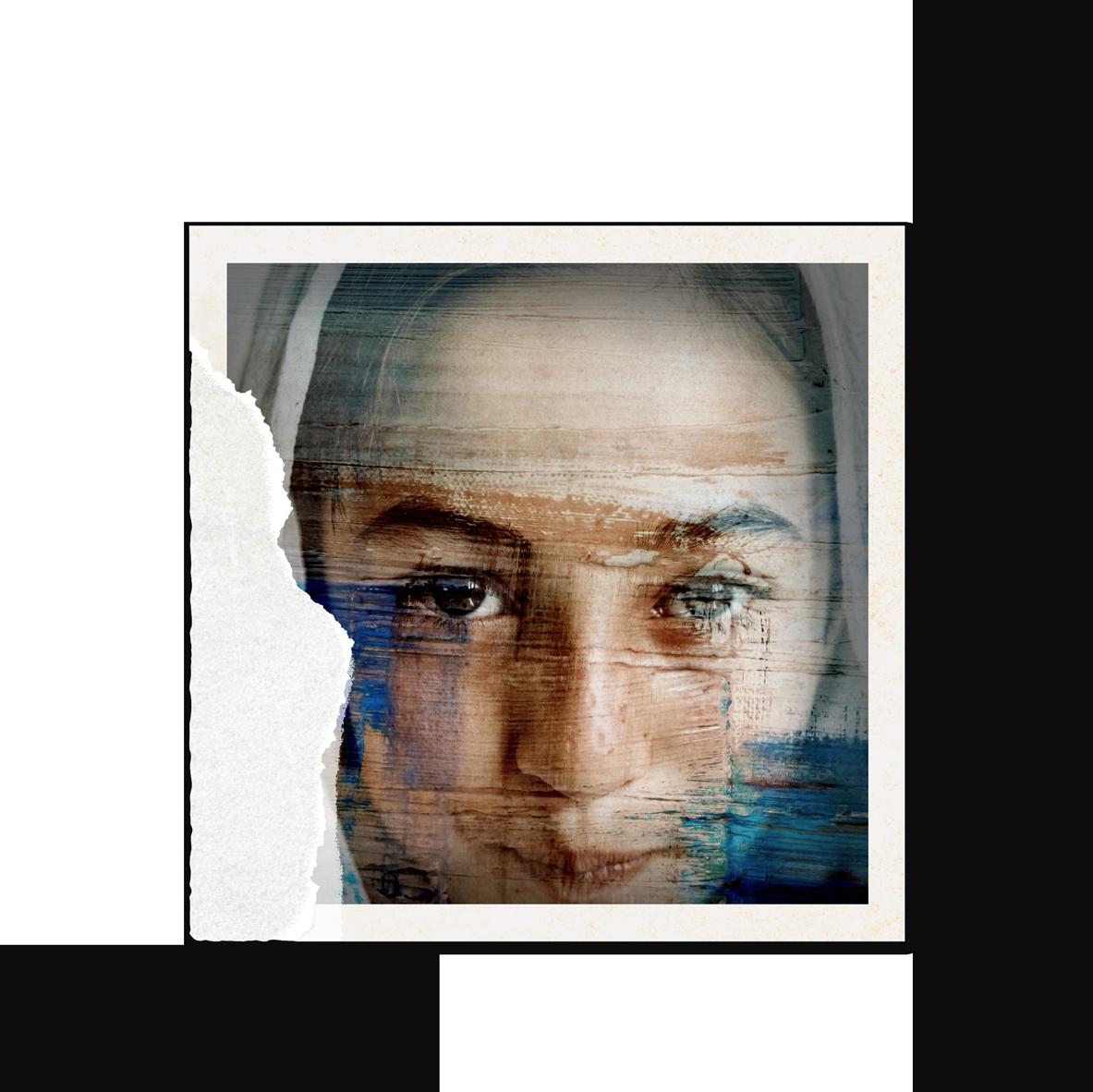


46
Support to survivors of modern slavery and human trafficking
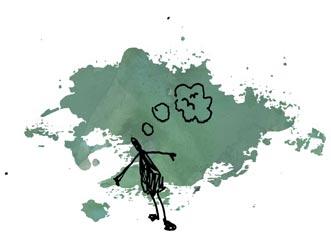

More than 50 million people around the world today are being subjected to the inhuman treatment that comes with modern slavery.
The shocking fact that 3.3 million children are in forced labour worldwide, and in the UK 43% of all identified victims were under 18, only makes us more determined to continue to work with survivors and people who are at risk of this heinous form of exploitation.
We have supported 1,929 people across England, Scotland and Northern Ireland this year, with sexual, labour and criminal exploitation being the most prevalent. Apart from these, our clients also faced domestic servitude, benefit fraud and forced marriage.
Working to support our clients and empower them as they recover from trauma, we also focus on helping to reduce the threat of re-trafficking and setting survivors on the path to a brighter future.
Some of the ways in which we have helped our clients to achieve this include signposting them to the help they need to improve their mental health, explaining their legal position and entitlements clearly, working with them to promote greater independence and making sure that they are able to access appropriate safe accommodation.
We want everyone who has been subjected to these abhorrent practices to go on to not just survive, but to thrive.





48





England

In England, Migrant Help is one of the subcontractors to The Salvation Army. Our teams based in Kent, Stratford, Oxford, Luton and Birmingham assisted 1096 clients and 288 dependants during the year.
Our clients were most often survivors of sexual exploitation, followed closely by labour and criminal exploitation.
Operating under the new Modern Slavery Victim Care Contract, the teams assisted with the development of a strategic Stakeholder Engagement Plan. This was born out of the need to enhance the support provided to clients, particularly around the core deliverables of housing and safeguarding via local authorities, police and legal representatives, access to mental/physical health via NHS Trusts, the Department of Work and Pensions (DWP), religious institutions and other non-governmental organisations (NGOs)
This work resulted in the creation of many new partnerships and referral pathways being created, all of which will benefit survivors of modern slavery and we are so proud to be working with such amazing organisations.
Southend Against Modern Slavery Partnership helped connect a number of our clients with befrienders who are helping in so many ways, including accessing driving lessons, advice on housing, cooking healthy meals, attending yoga classes or learning to ride a bike.
50
Working with you has been invaluable and I feel it’s a very important partnership and also already a strong one. It was very apparent to me is that we are all putting survivors at the heart of any collaborations we have. Your membership of the Anti-Slavery Network and input is so important and I so much appreciate it because you are certainly someone I would class as a key partner in our efforts to highlight the issue and identify and support survivors. Personally though, I can’t thank you enough for your support and contributions during my time developing this new role and the new pathways and structures in Oxfordshire. I’m so delighted that you are going to play an integral part in this new structure ensuring a joined-up approach and a more impactful response to Modern Slavery in Oxfordshire. Thank you!
Nicola Bell – Anti-Slavery Coordinator, Oxfordshire
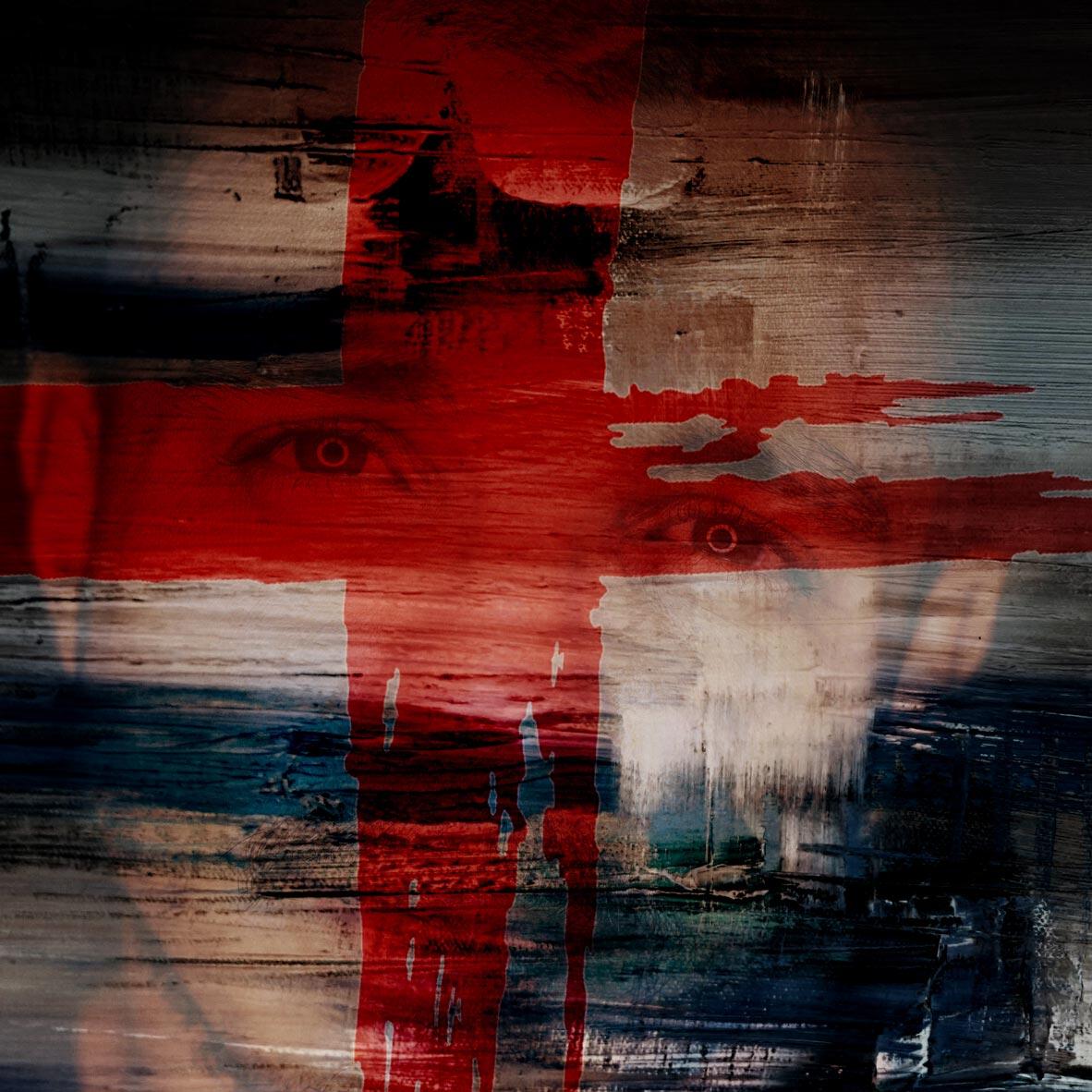
“ “
One of Migrant Help’s clients attended English for Speakers of Other Languages (ESOL) classes, 'Friends without Borders' which she was really enjoying. They recently asked her to volunteer with them, and she is now volunteering twice a week and is loving it. For this she has been recognised by the Mayor of Portsmouth and presented with flowers during a ceremony, which she was incredibly proud of.
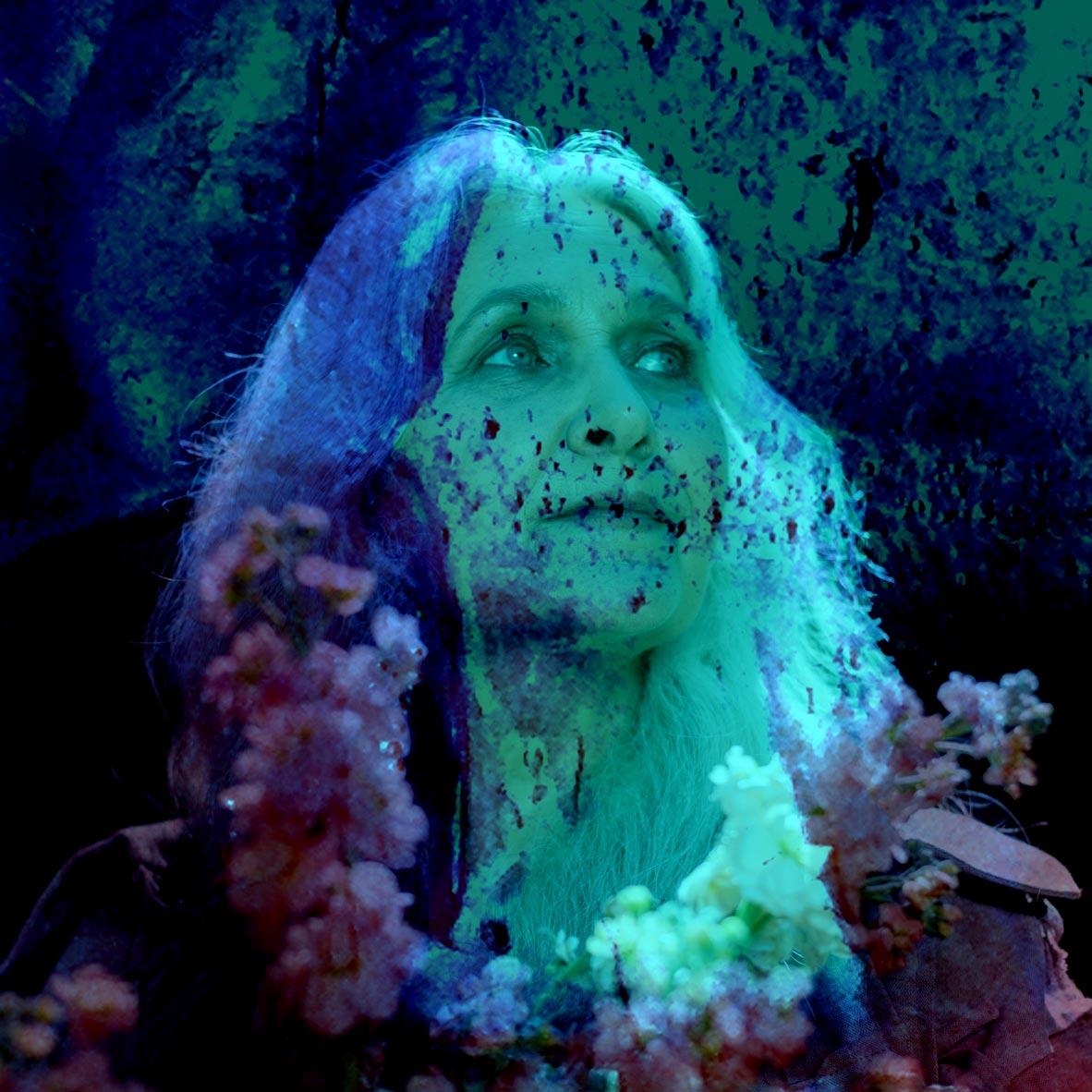
52
Modern Slavery

Before I came into contact with Migrant Help, I had had a very difficult time. I was subjected to labour exploitation and domestic servitude. I felt suicidal and kept getting flashbacks to that terrible time in my life. I had anxiety and depression.
My Migrant Help adviser referred me to a place where I could get proper counselling, and this helped me so much. I have been accepted onto a full-time course to learn English, and hope to then go on to further studies afterwards.

I was also keen to work, and Migrant Help even helped to find me a part time job.
I now feel full of hope for the future and proud of my progress so far. I love where I live, and I am working hard to build my life, become even more independent and contribute to the country that I now live in.
I’m very grateful for all the support that I’ve received. I’m determined to make everyone proud of me.
Scotland
Our surveys have shown that the majority of clients reported feeling they were in a safe environment upon being referred to us. We saw an increase in people presenting to our services with poor mental health but also witnessed positive improvements in their wellbeing during our work with them.
To help with this, we expanded mental health support to clients by offering in-house counselling sessions through a close partnership with Crisis Counselling.
Throughout the support period, clients reported an increase in overall feelings of independence. Continuing from previous reporting years, the trend is one of consistent improvement.
This is especially pleasing this year, as it does indicate that although clients have often been less secure in terms of long-term support options, we’ve nevertheless been able to make them feel more confident and secure in themselves, and able to move forward with their lives.
We were delighted to be successful in securing a contract to run an enhanced service to those affected by human trafficking in Scotland for another three years.Through the year, the Scotland team supported 429 new clients, a sharp rise of 170 new referrals compared the previous year. The overall number of clients accessing the support was 548, another large increase from the 388 total clients supported in 2020/21.
Most often they were survivors of labour exploitation, followed by criminal exploitation and domestic servitude. They came from nearly 50 different countries, with Vietnam, Iran and Albania accounting for 54% of clients.

54
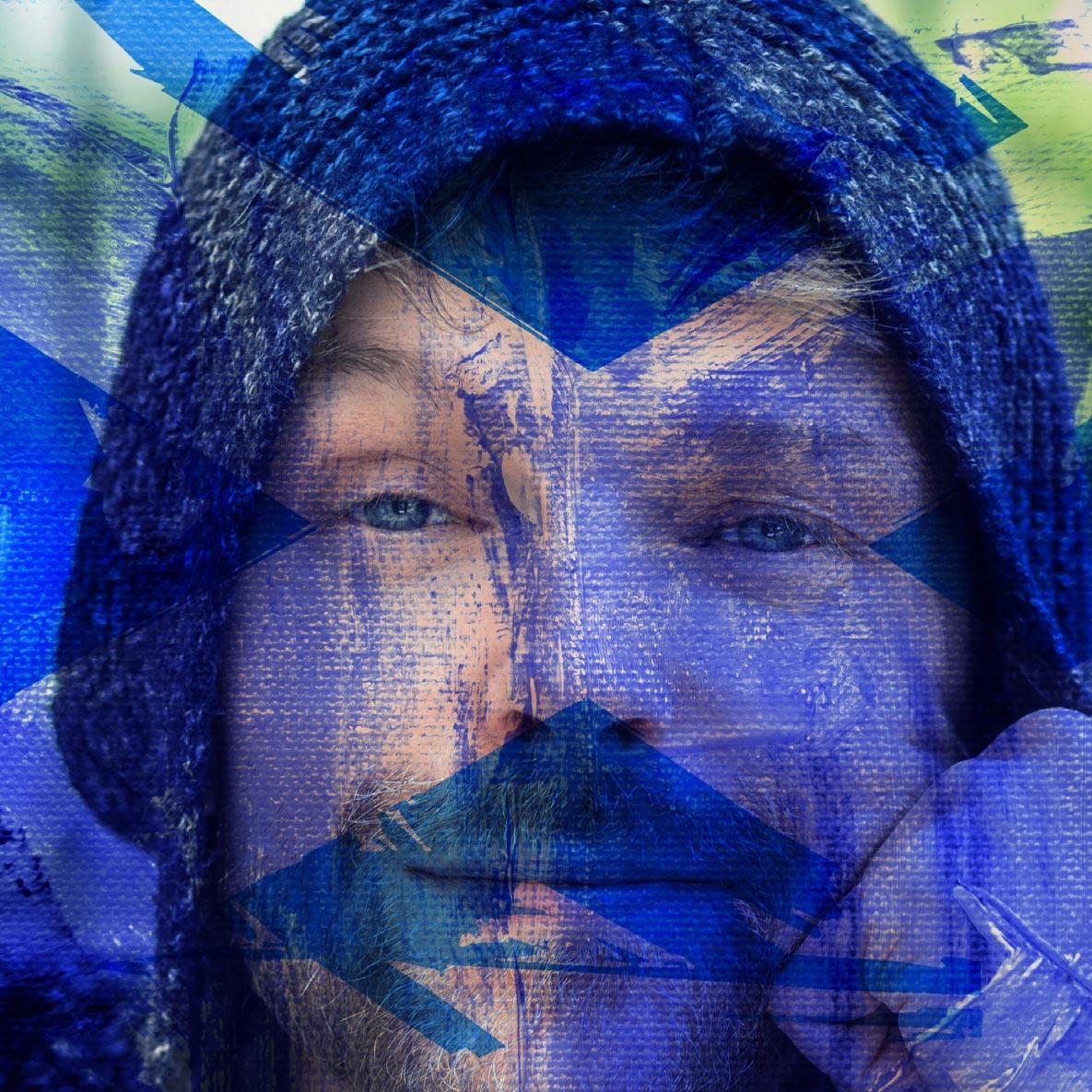
Y's story
Y was subjected to both labour exploitation and domestic servitude. When he entered our service, Y reported suicidal tendencies, insomnia, flashbacks, anxiety, and depression. We referred him into Crisis counselling and Anchor; these have helped him enormously.
Since coming into our service as someone highly vulnerable after experiencing trafficking, Y has gone on to thrive.

He has now been accepted for a full-time English course, starting later this year, and is keen to go on to do further studies.

Having been granted asylum, Y was keen to work, not wanting to solely rely on benefits. Partnering with Brightwork, we were able to assist Y in finding part-time employment.
Y now presents as a bright young man, full of hope for his future and very proud to have got this far. He loves living in Glasgow and is keen to work hard and build his life, as well as contribute to the country he now lives in.
Y has expressed his gratitude for the support received from Migrant Help and is delighted as he prepares to move on to greater independence. He states that he is very focused and is driven to make everyone proud.
56

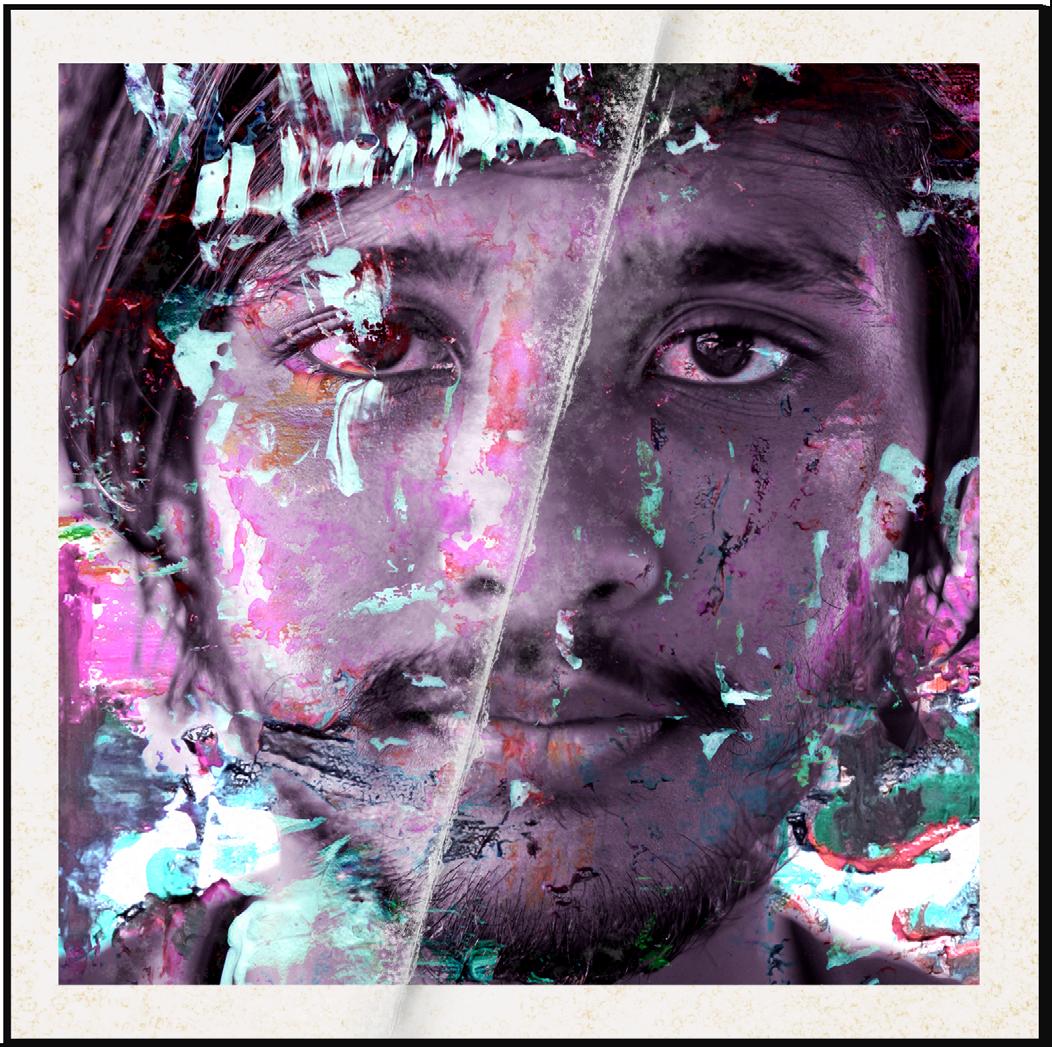

Our Belfast-based team saw a sharp increase in client numbers this past year. The overall number supported throughout the year has totalled 285.
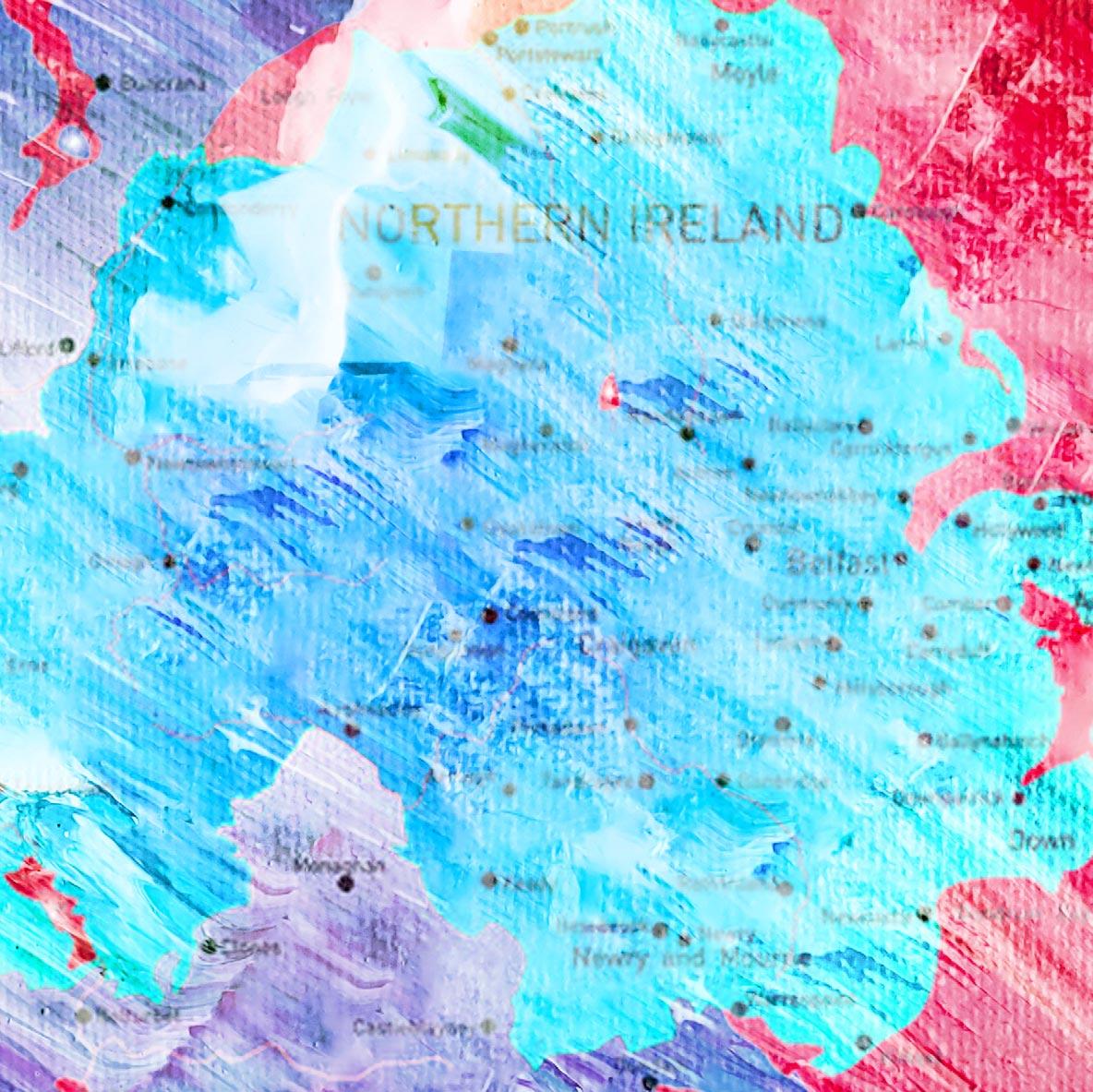
Despite the many challenges and hurdles faced by our service, the Belfast team has been incredibly successful in creating new volunteering, wellbeing and employment opportunities for our clients.
A new partnership has been established with Street Soccer NI, based at Shaftesbury Recreation Centre. Street Soccer, apart from providing excellent sporting programmes, supports clients in terms of mentoring, providing volunteering and training opportunities. .
58
We have also recently linked in with Belfast Works who are assisting a number of our clients with moving on following successful asylum claims. Assistance is provided through CV preparation, job searching and training opportunities.

Another new partnership has been established with Finnebrogue Food Processing plant in Downpatrick. In February 2022, a number of clients travelled to the factory, accompanied by Migrant Help staff to an information session, following which six clients were offered full time employment.
Department of Justice’s Assets Recovery funding allowed us to provide service users with 30 sets of cycling safety equipment. In conjunction with this, clients were registered for cycle safety schemes with Sustrans and bike repair workshops with ADSUM.
This funding also allowed six of our clients to participate in art workshops (pottery and woodwork) with ArtsEkta, which in turn has led to other opportunities, such as participation in the Belfast Mela, Saint Patrick’s Day Parade and the Illuminate Festival.
Migrant Help headed a congregation to Belfast City Hall on Anti-Slavery Day in October 2021 which allowed us to have a conversation with the Lord Mayor about our work and gave an opportunity to highlight and raise awareness of human trafficking and modern slavery.
Refugee Resettlement


Migrant Help supports individuals and families as they go through the process of settling into their new communities in Kent. We assist with access to services such as education, healthcare, employment support and other local services.
We facilitate referrals to specialist services to help those who struggle with the traumatic experiences they faced before coming to this country.
Our dedicated advisers work closely with other agencies, both statutory and voluntary, as well as local community groups, to give our clients the best start in their new life in the UK.
This year we supported 34 families (165 individuals) under the scheme, including a number of Afghan families following the Taliban ascent to power.
60
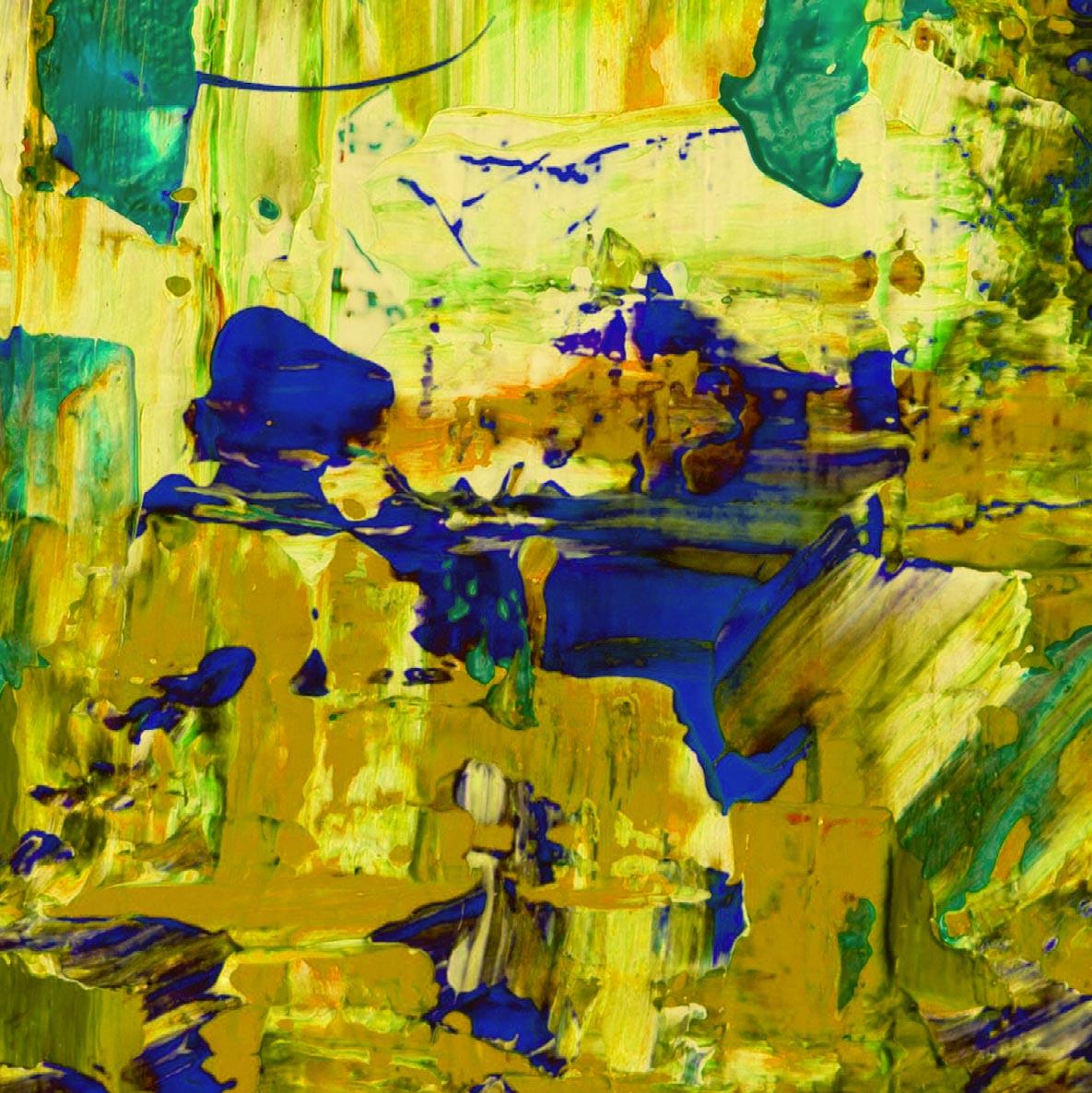
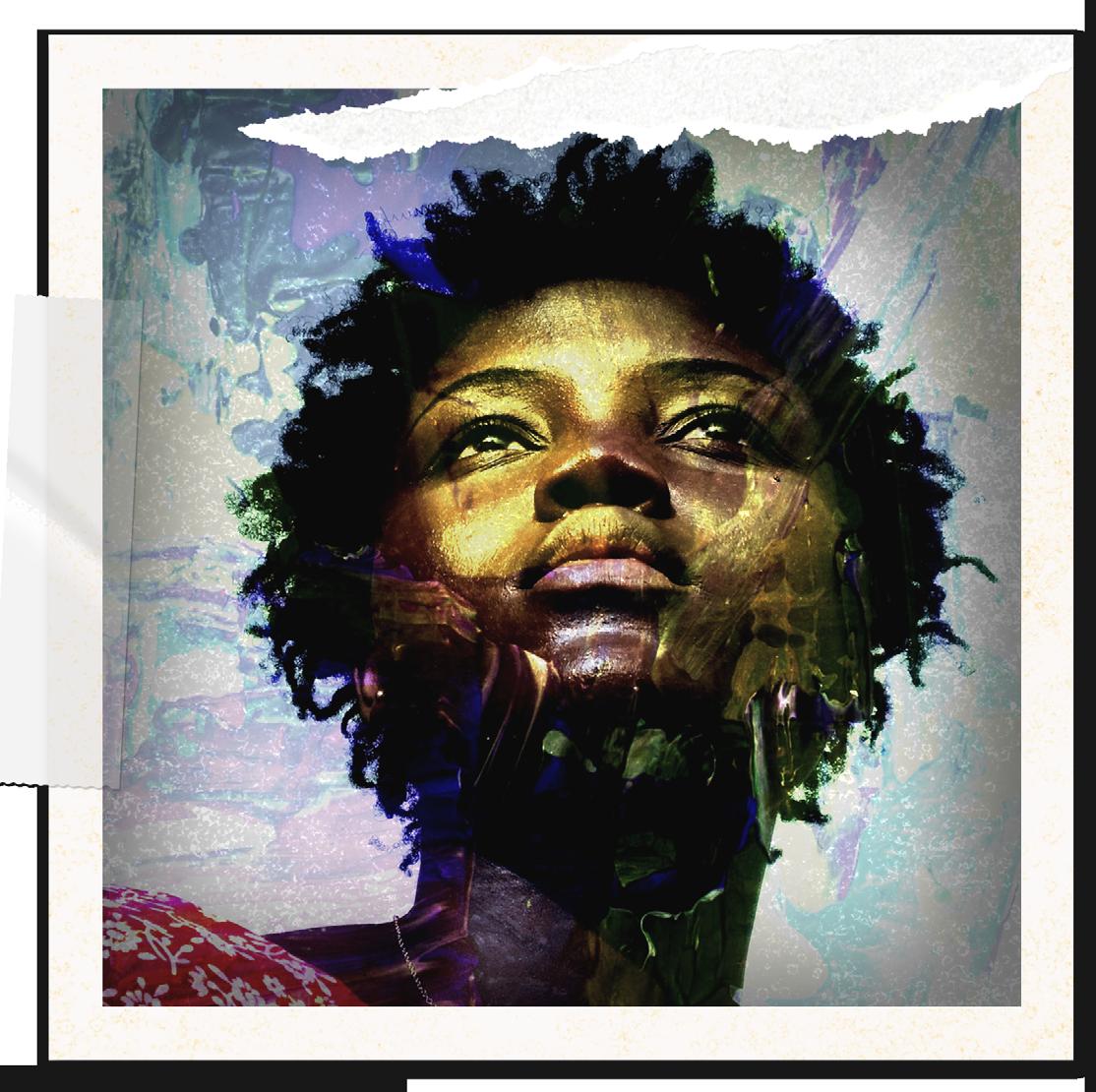
My wife and I arrived in the UK in April last year. The rest of our family had arrived in January, but because my wife was pregnant and in poor health, we had to delay our arrival. By the time we got here she was six months pregnant. We had a lot of stress and worry at this time. It was so important to us both to make sure the baby was healthy, as we had been told before that we would not be able to conceive. This pregnancy was so special to us!


62
Artem’s story


We needed to have all of our hospital checks and appointments quickly, in the short time that was left before the birth. We didn’t speak English, so needed to have longer appointments each time, to take account of the interpreters. The staff at the hospital were all brilliant.
Money was very tight for us. Our Migrant Help support worker put us in touch with a local charity called Baby Basics and we were so thrilled when they gave us a ‘starter pack’ with lots of useful items for the first six weeks of our child’s life, a baby bath and a bed.
On top of that, Migrant Help gave us a pram and a car seat.
It was such a challenging time getting used to being in a new country with a different language and trying to take on board all the information that we needed to keep my family safe. Happily, my wife gave birth to a healthy baby boy, who we named after his grandad. He is now crawling and is a real bundle of joy. We are starting to feel much more integrated into life in the UK and learning to become parents at the same time!

64
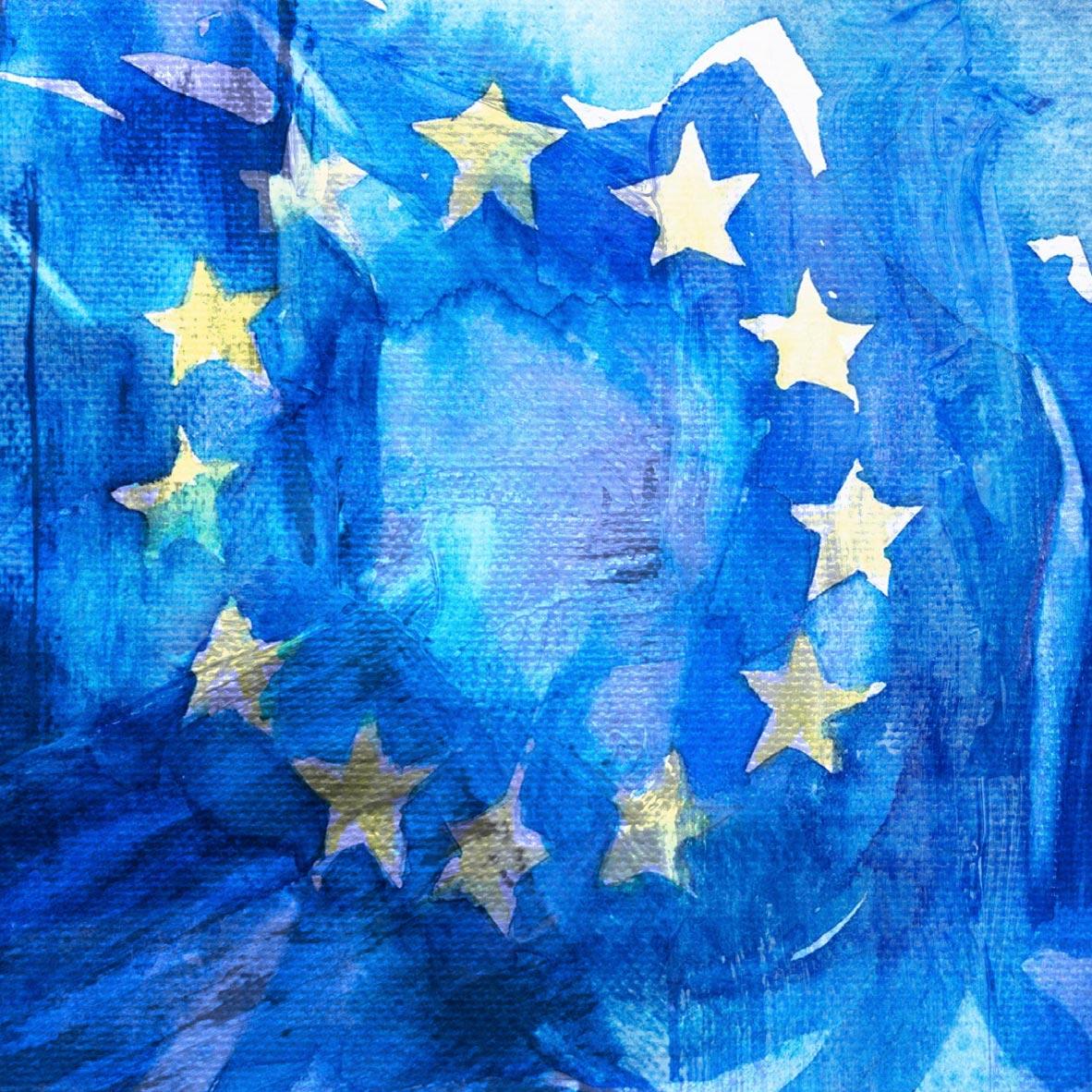

Iveta’s story
An elderly lady called Iveta who lives in Coventry contacted us regarding her application for settled status. Although she has lived in the UK since 2004, she was not aware that she was supposed to apply for the settlement scheme. But it was only when she was transferred to a new organisation under the Transfer of Undertakings (Protection of Employment) (TUPE) regulations that her nightmare really started. She was told that by her manager that she could no longer work.
The thought of losing her job was too much for her to take. Not only was she worried about becoming homeless, but she would lose the redundancy payment as well. She was stressed and extremely worried.
On the first day we saw her, we managed to get her application submitted to the Home Office. We also spoke to Human Resources of the company to provide them with the up-to-date information about her situation.
Her case was put on hold by the company, and they advised that she had eight weeks to get her right to work confirmation before she would lose her job. Within a week of the application submitted, we managed to get the share code for her which confirms her right to work in the UK. As soon as this was confirmed, she was called back to work. For the time that she was suspended they agreed to pay her as holiday which meant that she could pay for the rent and salary was not deducted.

We then spoke to the Home Office about speeding up her application given the circumstances and within days she was granted settled status. When this news was confirmed to her, she was over the moon. She could not thank the EUSS team of Migrant Help enough for the support provided during such a difficult time.
We also informed our partner, Coventry Refugee Centre, about the outcome as they were the organisation who referred her in the first place and they were happy with the support provided in such a speedy manner.
66


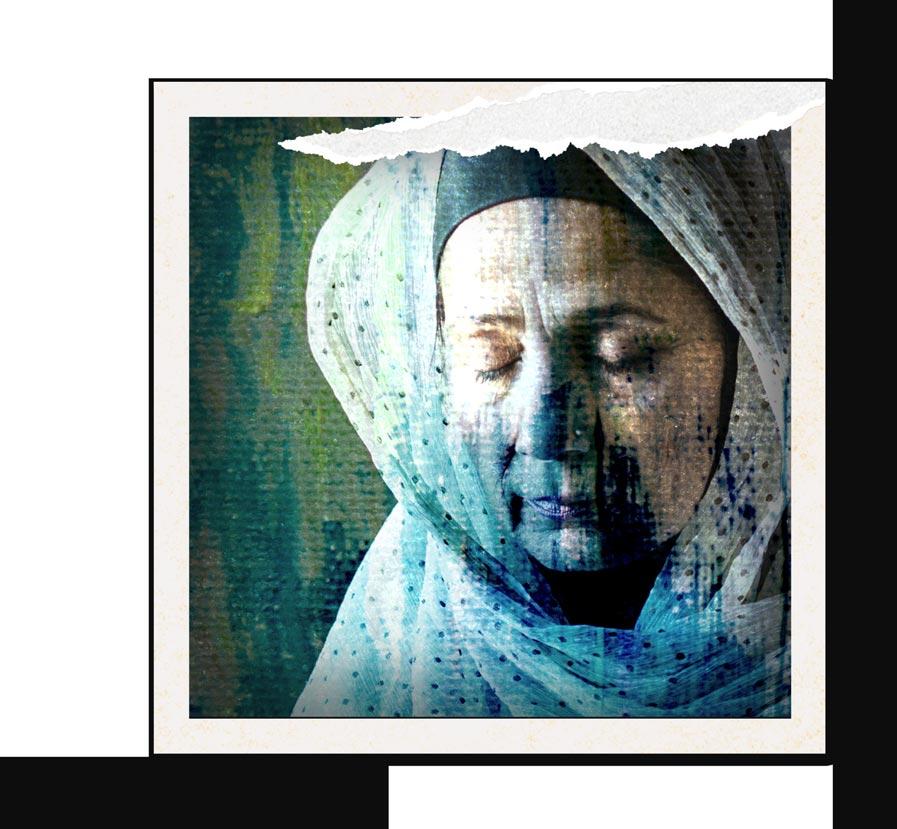
Clear Voice
Clear Voice is the trading arm of Migrant Help. They deliver high-quality interpreting and translation services to clients across the UK, with a particular focus on telephone interpreting.
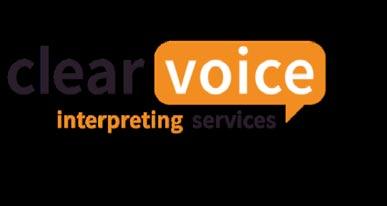
All of Clear Voice’s profits are donated back to Migrant Help, supporting our work!

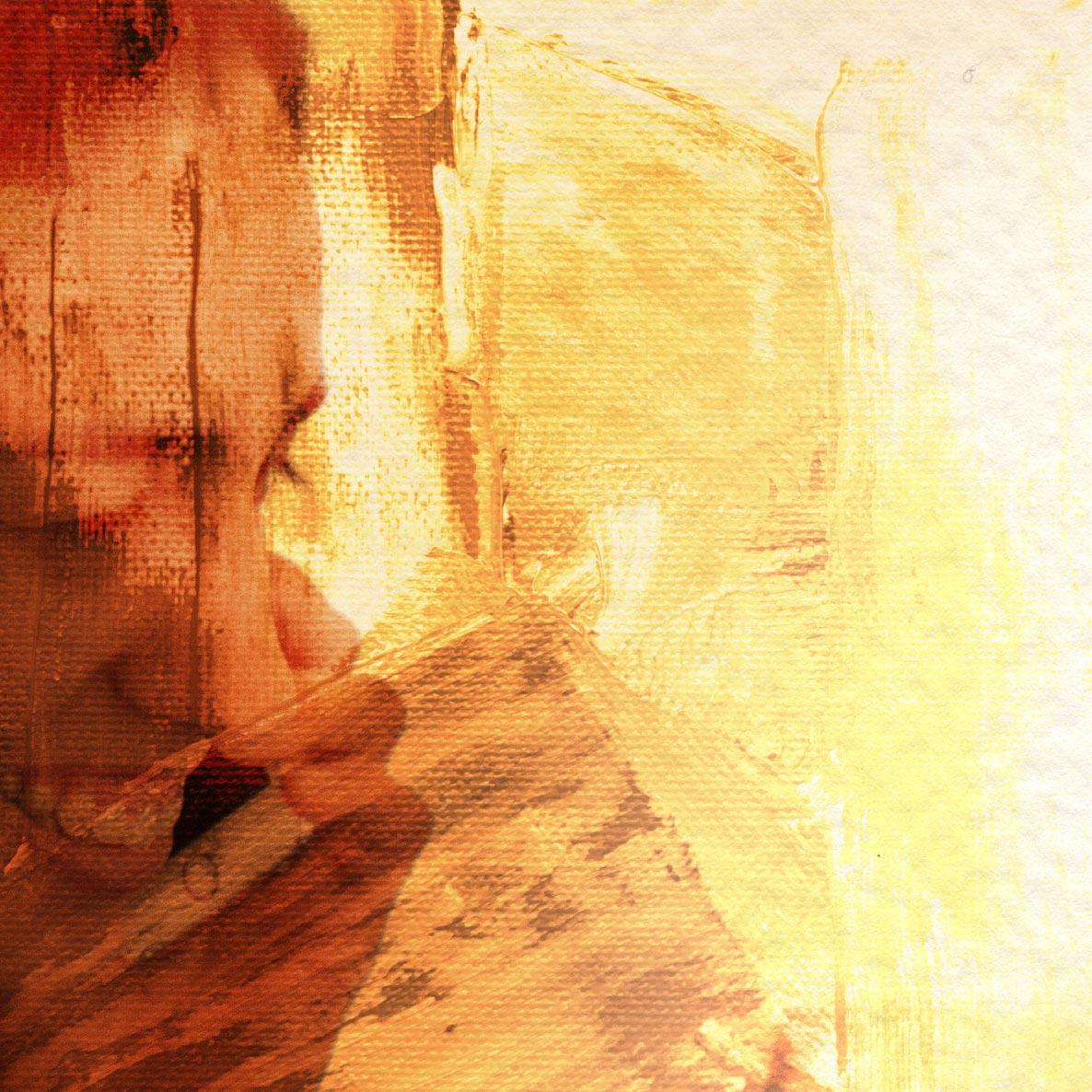
68
In the past 12 months Clear Voice:

In 2021–22 Clear Voice donated 41% more to Migrant Help than ever before! Over the past two years their financial contribution to our work has trebled.
This was an enormous milestone for Clear Voice and one they were so proud to surpass.
Overall, Clear Voice grew their telephone interpreting service by 45%!
To maintain an outstanding service whilst meeting this demand, Clear Voice almost doubled their number of registered interpreters.
Over the year, Clear Voice were nominated for five national awards, recognising the quality of their service and the scale of their social impact. NatWest SE100, Global Good Awards, two UK Social Enterprise Awards and the PwC Building Public Trust Awards
Clear Voice’s InPower Project supports refugees to work as interpreters by fully funding their training. In the last 12 months, this enabled 40 people to become professional interpreters and start working with Clear Voice. In turn, they have provided over 70,000 minutes of telephone interpreting to people in need. From providing pro bono interpreting for valuable projects delivered by Barnardo’s and The Salvation Army to supporting local migrants participating in theatre workshops, Clear Voice are always looking for ways to increase their social impact.

70
Radil’s story

“2014 was a bad year for everyone who lives in Iraq. I arrived in the UK on 26 December 2019.
My journey to England was tiring, really long. I was sleeping in streets, in parks
When I arrived, they took us to a reception centre.
There, people were asking questions: “I need that, I don’t know how to tell them” or “I don’t know how to ask the staff for that thing.” I knew a bit of English, so they were coming to me and asked me to help.
A lady from the Refugee Council asked me if I wanted to become a professional interpreter and I said ‘Why not?’. That’s how I started. Clear Voice was my first paid job as an interpreter. It helped me a lot to get where I am now.
I love fixing things. At this moment I study Motor Vehicle Mechanics at Dover Technical College. I can work part-time for Clear Voice and focus on my education which a lot of other young people couldn’t do. Without that, I don’t think I would be able to finish my course at college.
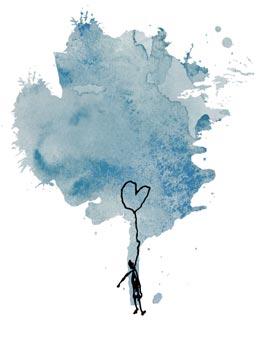
Interpreting is something I’m gifted with. Mechanics is my passion, is what I love to do. I am trying to combine between them and help as many people as possible.
I think in any place that you are happy and you’re enjoying your time, that place is your place to stay. That’s where you should be. People become a member of your family. It doesn’t matter where they are from or what nationality they are; as long as you are happy with them, that’s what counts.”
We began the fiscal year in April 2021, just coming out of another lockdown, with many restrictions still in place.

We remained operational throughout the pandemic with a hybrid model mixing office and remote, allowing social distancing to help keep our staff and clients safe. Our dedicated staff adapted well to the changes and kept their focus on being there for our clients, through all of the challenges that we faced.
The UK was hit by ‘The Great Resignation’ between April 2021 and April 2022. As demand on our services was growing rapidly throughout the year, we struggled at times to keep pace with the recruitment needed in an increasingly difficult market.
Our staff worked harder and sought out efficiencies to meet that demand, their commitment and resourcefulness has been remarkable.
The environment in which we operate continued to shift. We commenced an expanded contract supporting survivors of modern slavery in the South East of England at the start of the year and we ended the year winning a grant to operate increasingly innovative support services for survivors of modern slavery in Scotland.

The number of new people entering into our services increased dramatically throughout the year.
Internationally, a few large events drove an increase in people experiencing forced migration. Simultaneously, it also drove a strangely dichotomous response to those seeking refuge and asylum in the UK.
The first half of the year saw an escalation of the conflict in Afghanistan, with the Taliban seizing control as third party forces exited the country, which led to a surge in refugees to the UK.
In the final quarter of the year, the Russian invasion of Ukraine drew the world’s eyes to yet another crisis, with another wave of refugees.
While there was an outpouring of support, initially for those fleeing Afghanistan and then an even greater swell of support for those coming from Ukraine, there was little equivalent support for people from countries with long-standing conflicts, people who we at Migrant Help have been supporting for years.
We saw the introduction of new third-party providers for clients in our asylum services in the first quarter of the year, and their transition process had a heavy impact on our services.
While offering our support to those fleeing these new crisis points, we also re-dedicated ourselves to all those facing forced displacement and exploitation who come to the UK from anywhere in the world, assuring them they will not be forgotten amid the public outcry for the newest victims of war and persecution.
We have worked more closely with other
Closing words from our CEO
organisations, both within the voluntary sector and in the corporate world.
We developed and funded new projects in partnership with other charities, including our Youth Welfare Officer pilots in Birmingham and London, which we are expanding due to the tremendous impact.
We are engaging with telecoms providers to put phones and data in the hands of our clients, combatting the crippling disadvantage of digital isolation.To a growing extent, we are able to undertake additional important charitable work to fill existing gaps.
We’ve shared our insights on proposed legislation, including the Nationalities and Borders Act, affecting those people who we support, both directly, to government bodies, and publicly, through sector campaigns and our own communications.
We are increasingly using our voice to promote the enormous contribution our clients make to UK society, championing their successes and promoting the power of a diverse culture to advance our national wellbeing.
In turn, we’ve sought out the insight of our clients, the experts by experience, creating Lived Experience Advisory Panels, which increasingly inform and help develop our services to better fit the needs of those who use them.
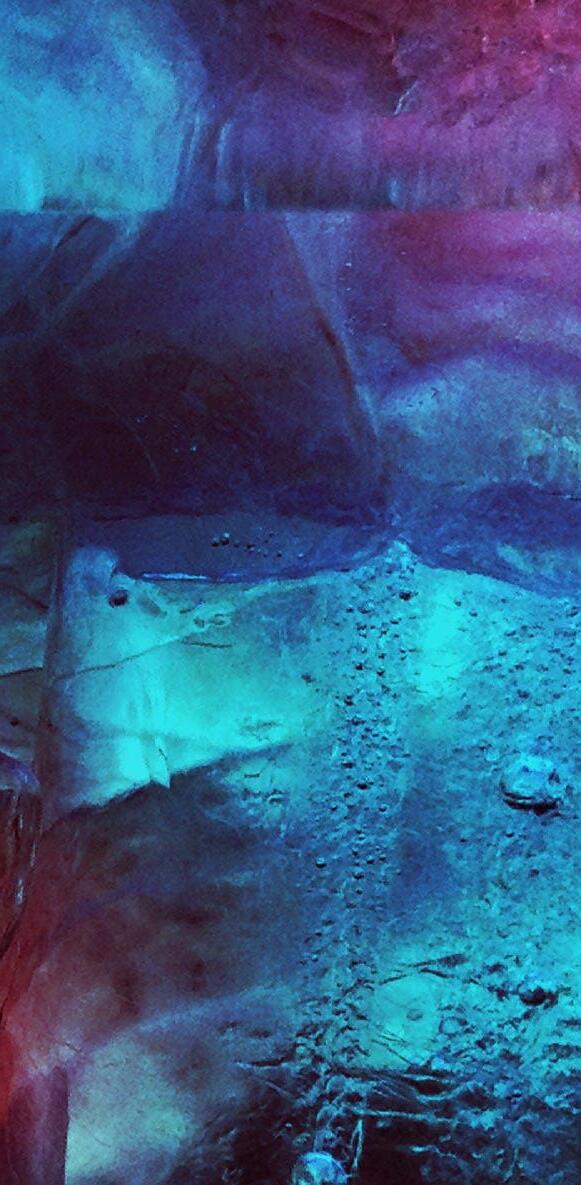
 Caroline O’Connor Chief Executive Officer
Caroline O’Connor Chief Executive Officer

23red
ADSU
A-LA-CARTE Recruitment Company -
Leicester
All Nation Ministries
All Saints Church – Leicester
Anchor
Anna Wilson and Marc Turczanski, Restore/Links Project
Art Core
Artsekta
Asylum Link
Asylum Welcome
Baby Basics, Dover
Bawso Women’s Aid
BCHA Women’s Aid
Belfast Works
Besom Basingstoke
Bikes For Refugees
Blackpool LA
Blackpool Town FC
Bloomers Trust
Boloh Helpline
BrightWork Recruitment
British Red Cross
Bryson
BT
Cambridge Ethnic Community Forum
Central And West Integration Network (CWIN)
Cheshire, Halton and Warrington Race
and Equality Centre (CHAWREC)
Citizens Advise -Stoke on Trent
City Hearts
City Life Church
Clack Country Women’s Aid
Classic Care Homes LTD
Clear Project, Southampton
Cliff, The Rotary Club of Ashford
Connect Assist
Conversation Corner
Conversations Over Borders
Coventry Haven Refuge
Coventry Refugee & Migrant Centre
Cowshed
Cranhill Development Trust
Crisis Counselling
Crisis UK – Croydon
CRISIS UK- Coventry
Crookston Community Group
DAWN Centre – Leicester
Debbie at Barnardos Basingstoke
Derby Refugee Solidarity Team
Diversity NI
Dover Big Local
DWP
East Midlands Romanian Society based on Nottingham.
EMTAS Teams across the UK.
Every Child Online
Extern
FareShare
Farnham Foodbank
Fear Free
Finnebrogue Artisan
Flourish
Foxton Centre – Lancashire
Freedom From Torture
Friends of Napier
Furnistore in Redhill
Glasgow City Mission
Global Link
Good Things Foundation
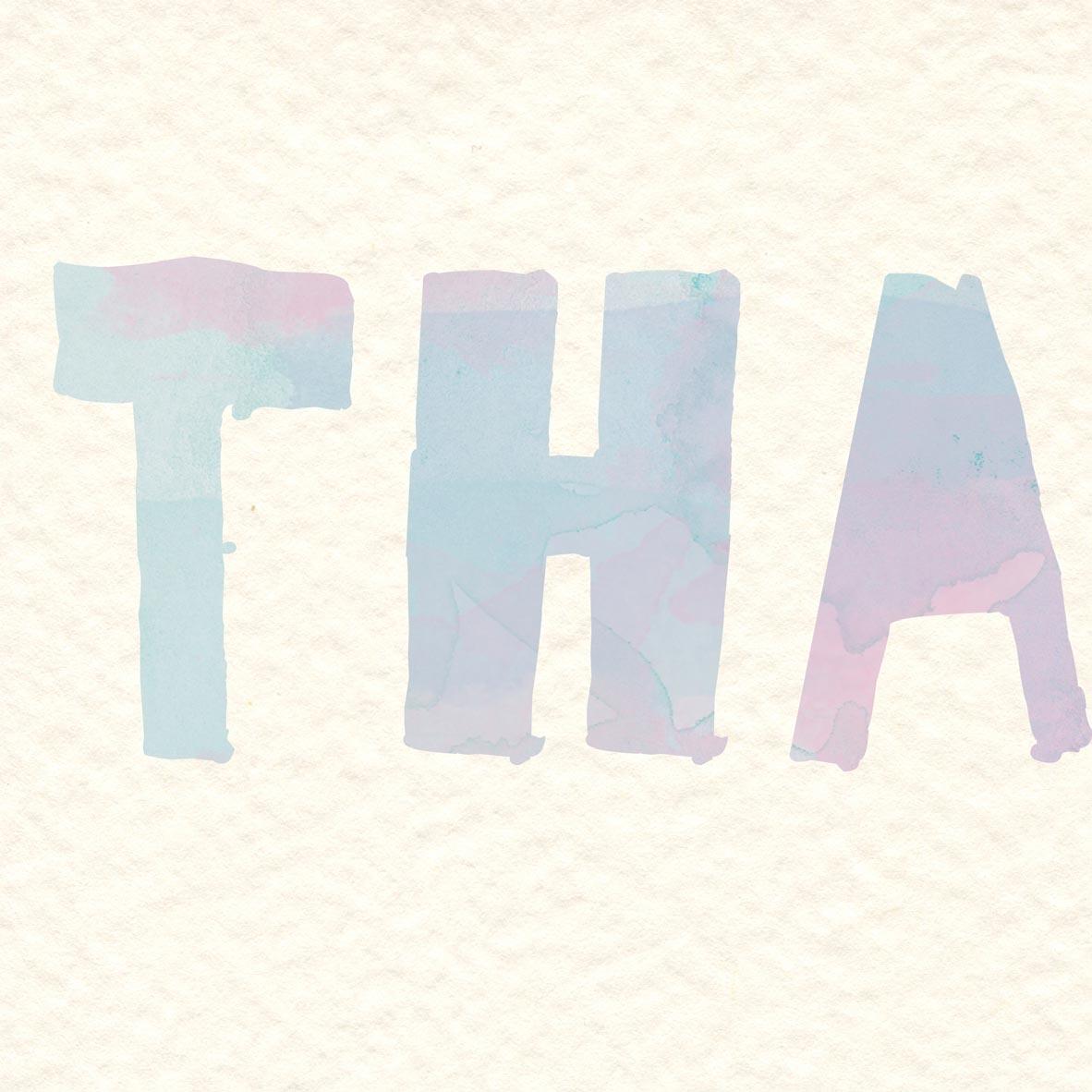
Govan Community Project
Great Yarmouth Refugee and Outreach
Support (GYROS)
Hanna Hills, Happy Baby Community
Happy Baby Community
Harbour Project, Swindon
Helen Bamber
Hestia

Hobbycraft
Homestart Waltham Cross
Hope for Justice
Hubbub
Institute of Migration
ISVA (Independent Sexual Violence Adviser)
Joe Carter at WEA
JustRight (Scotland)
Kalayaan
Klive
LA Housing
Laverstoke Court Health Team
Lea Vale Medical Group (Luton)
Leicester City Council – Persons from
Abroad Team, Adults & Children
Social Care
Leonard Solicitors LLP
Level Trust (Luton)
Liz Clegg
Luton Foodbank
Maslow
Medaille Trust
Merry-Go-Round
Micro Rainbow
MIND
NACRO Mental Health Service
Nas Majeed
National Human Trafficking Unit
Neil Wildman Children’s fund
New Routes
NHAS Advice Service
NHS Trust
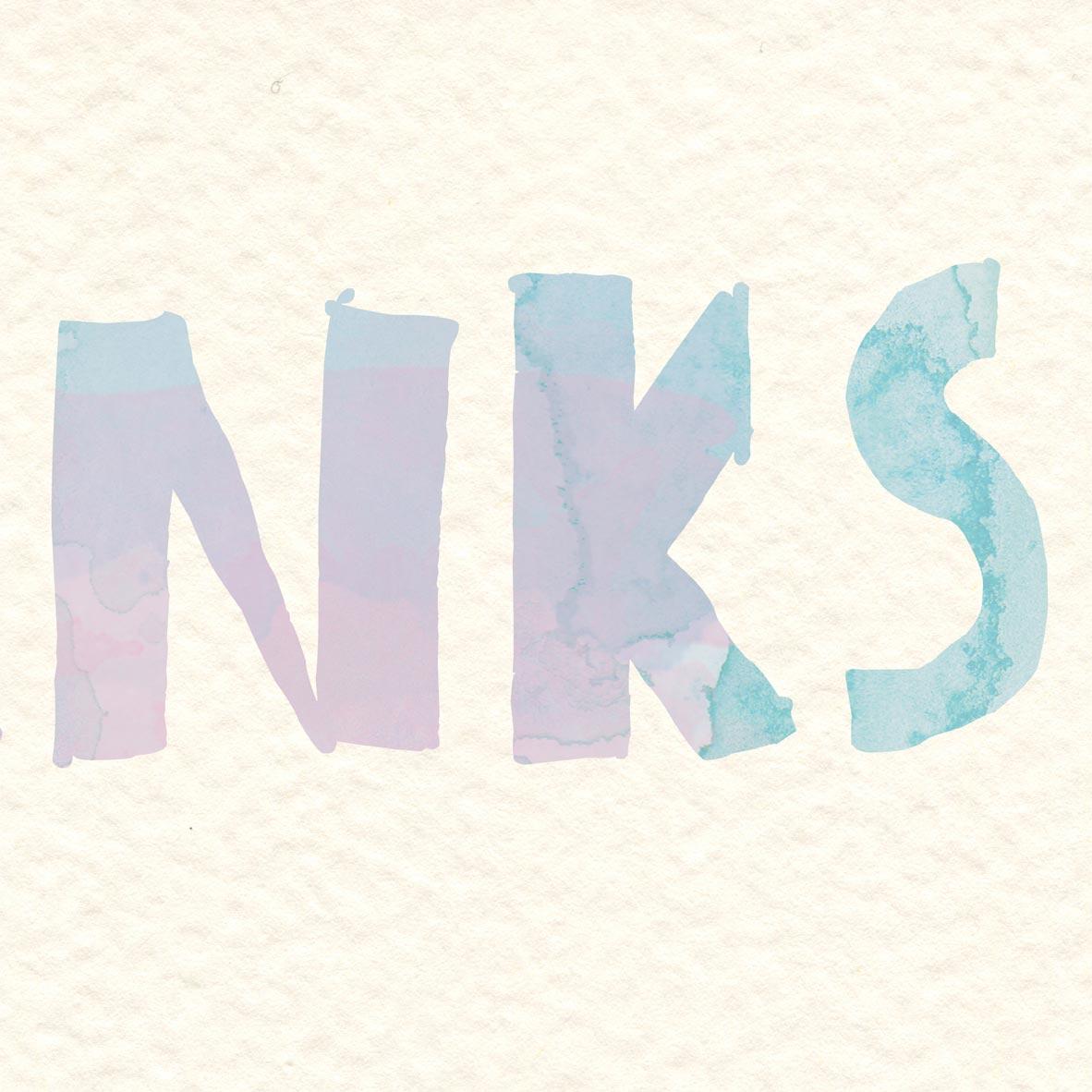
NNRF
North of England Refugee Service (NERS)
Oasis Cardiff
One Stop Shop – Northampton
Palm Cove Society
PARCA (Peterborough)
Police Scotland
Police Service of Northern Ireland
Portsmouth Baby Bank
Portsmouth College of Adult Education
Portsmouth Hive
Principal Dwellings
Reed in Partnership
Refugee Action Colchester
Refugee Council
Refugee Resource
Refugee Women Connect
Refugees Welcome Crawley
Refuweegee
The Salvation Army
SAM Partnership
Sanctuary Scholarship at Open University.
Sarah Rees Counselling
Scottish Government (Human Trafficking Team)
Scottish Guardianship Service
Scottish Refugee Council
Sean Rochester at Hertford Regional College
Serco Derby Shelter
Shropshire Support Refugees
Simon Community
Snowdrop Project
SocialBox.Biz
Solas Trust
Southampton and Winchester
Visitor Group
Southend Against Modern Slavery (SAMS)
Sporting Communities
Sporting equals
St John of God’s
St Luke’s – Refugee Hub
St Vincent’s Church, Crawley
Stoke University
Strategic Migration Partnerships
Street Soccer NI
Supper Club
Survivors of Human Trafficking
Scotland (SOHTIS)
Sustrans
Talking Change
Tanya Clark, Kent Police
The Bike Projet
The Host Space
The Leaving and After Care Team
The Move On Project, Medaille Trust
The Sophie Hayes Foundation
The Stratford Advice Arcade
The TSA
Their Voice UK
Total Wellbeing Service (Luton)
TSA Charity Shop Cosham Unseen
Upbeat Communities
Victim Support (Scotland)
Virgin Media O2
Watford & Three Rivers
Refugee Partnership
Watford Women’s Centre
We Collect We Donate
Welsh Refugee Council
Wirral Change
Workers’ Educational Association
Young Roots
Your Local Pantry, Dover
Undisclosed hotels that we have used: you know who you are!
The inspirational, brave and resilient people we work with need your support now more than ever.
You can help us to rebuild stolen lives in many different ways.
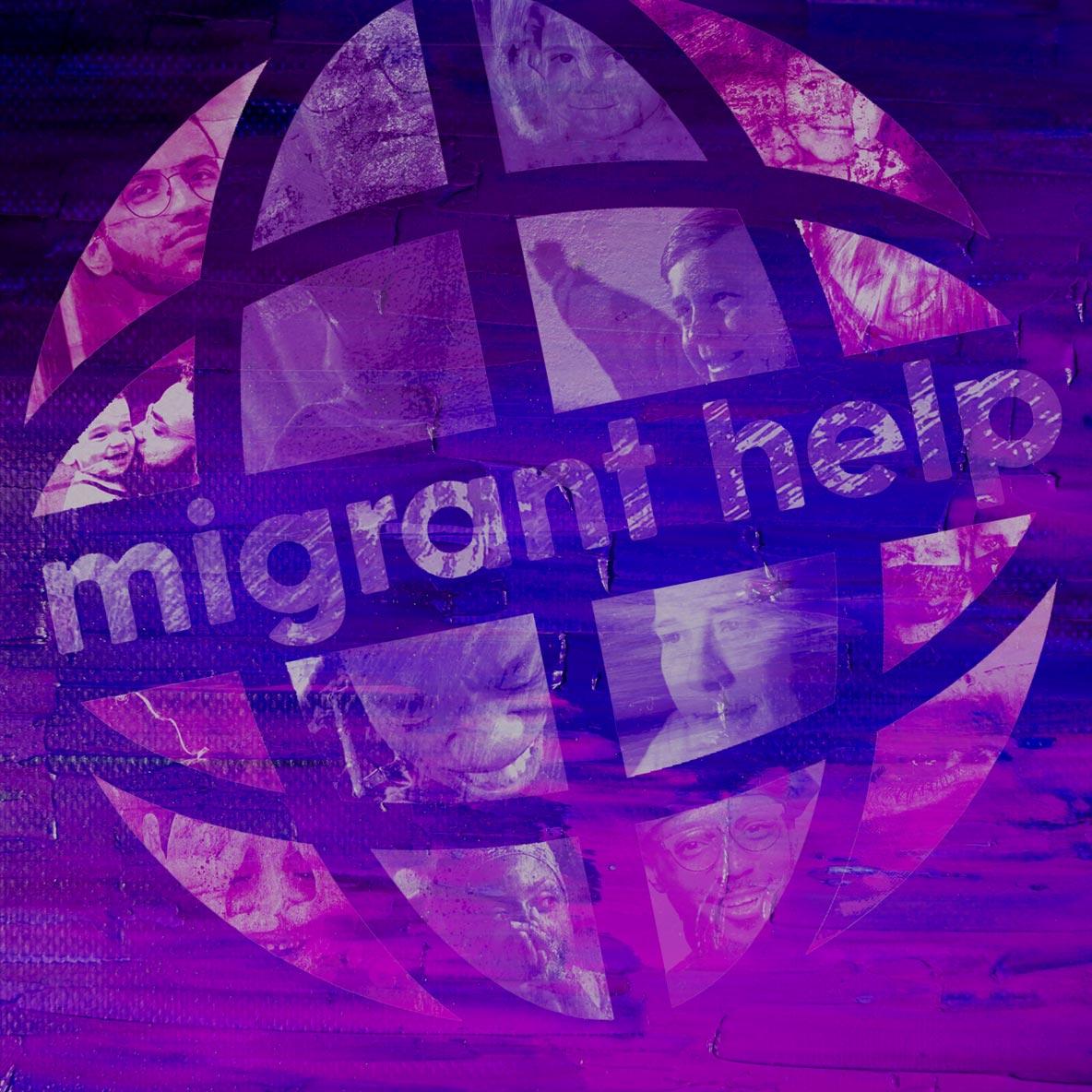
76
Our crisis fund is the last resort when no other provision is in place to help.
Your donation will support survivors of slavery and people seeking asylum across the UK and make a real difference in helping people rebuild their lives and recover from trauma.
Please donate at migranthelpuk.org/support-us in one of a variety of interesting and hugely meaningful roles.

Drop us a line at volunteering@migranthelpuk.org to learn more.
Does your organisation believe in having positive social impact? Does it have a passion for helping people fleeing war, persecution and exploitation?

There are many ways that you can help us, whether it is by donating old, unused laptops in order to close the digital divide, or taking on challenges to support people in crisis.
To get involved or to simply find out more, drop us an email at fundraising@migranthelpuk.org








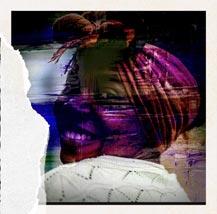



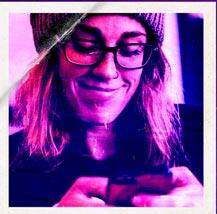



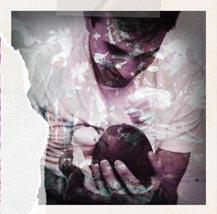

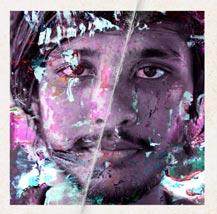

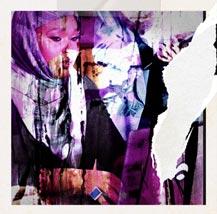

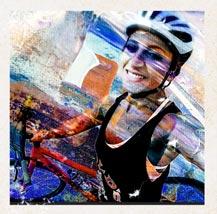

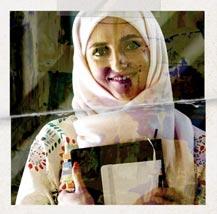

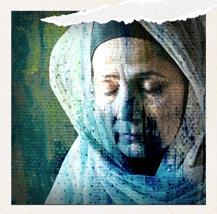

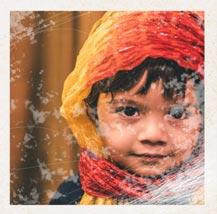

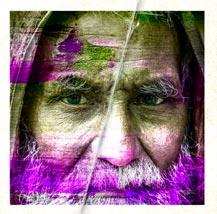
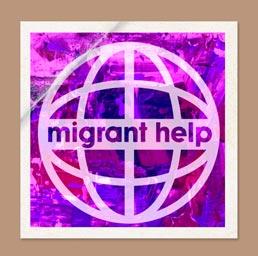




Registered Charity (England and Wales): 1088631 Registered Charity (Scotland): SC041022 Company No (England and Wales): 4172880 Copyright © 2020 Migrant Help. All rights reserved. www.migranthelpuk.org | info@migranthelpuk.org | 01304 203 977 Registered address: Migrant Help, 128 City Road, London, EC1V 2NX






























































































































































 Caroline O’Connor Chief Executive Officer
Caroline O’Connor Chief Executive Officer





















